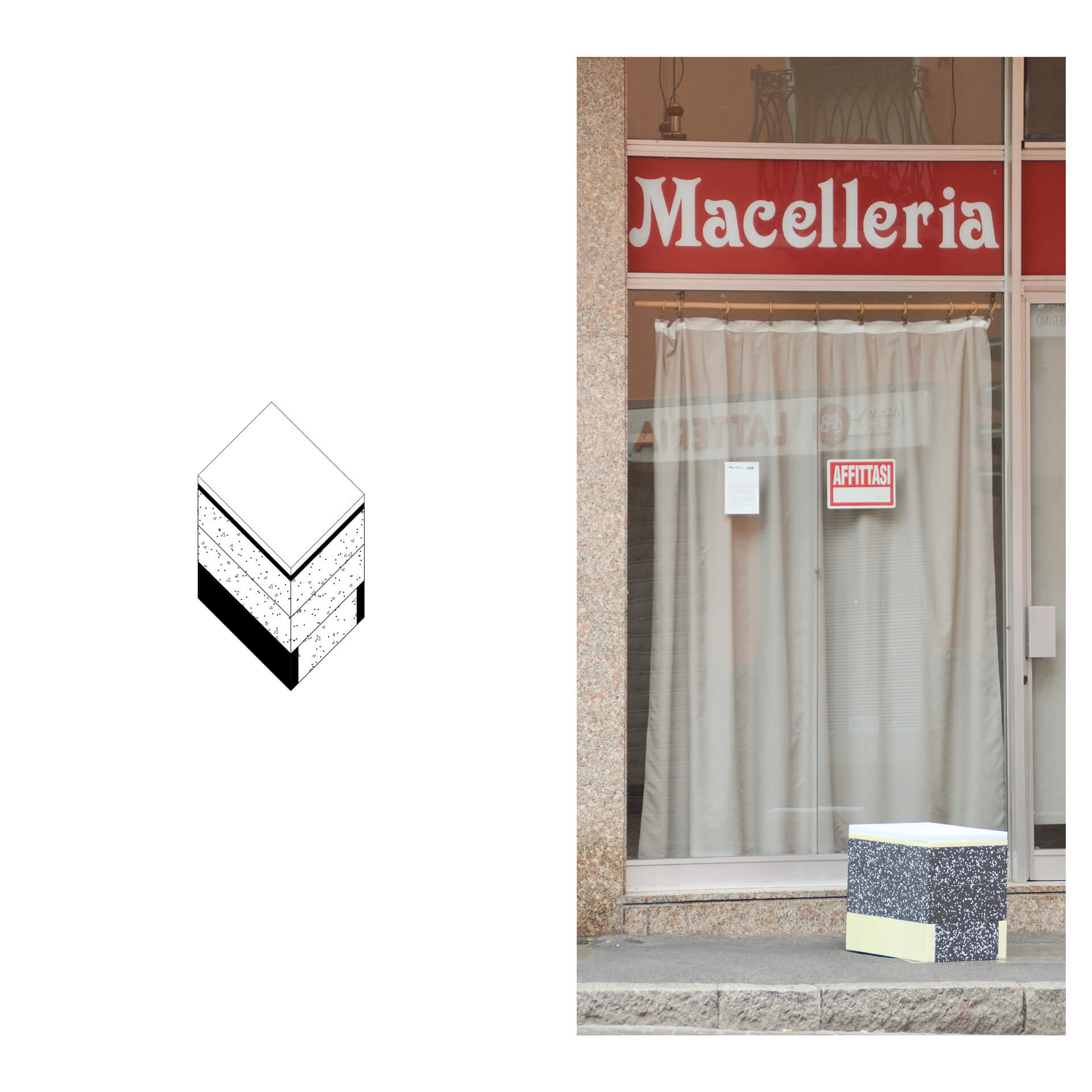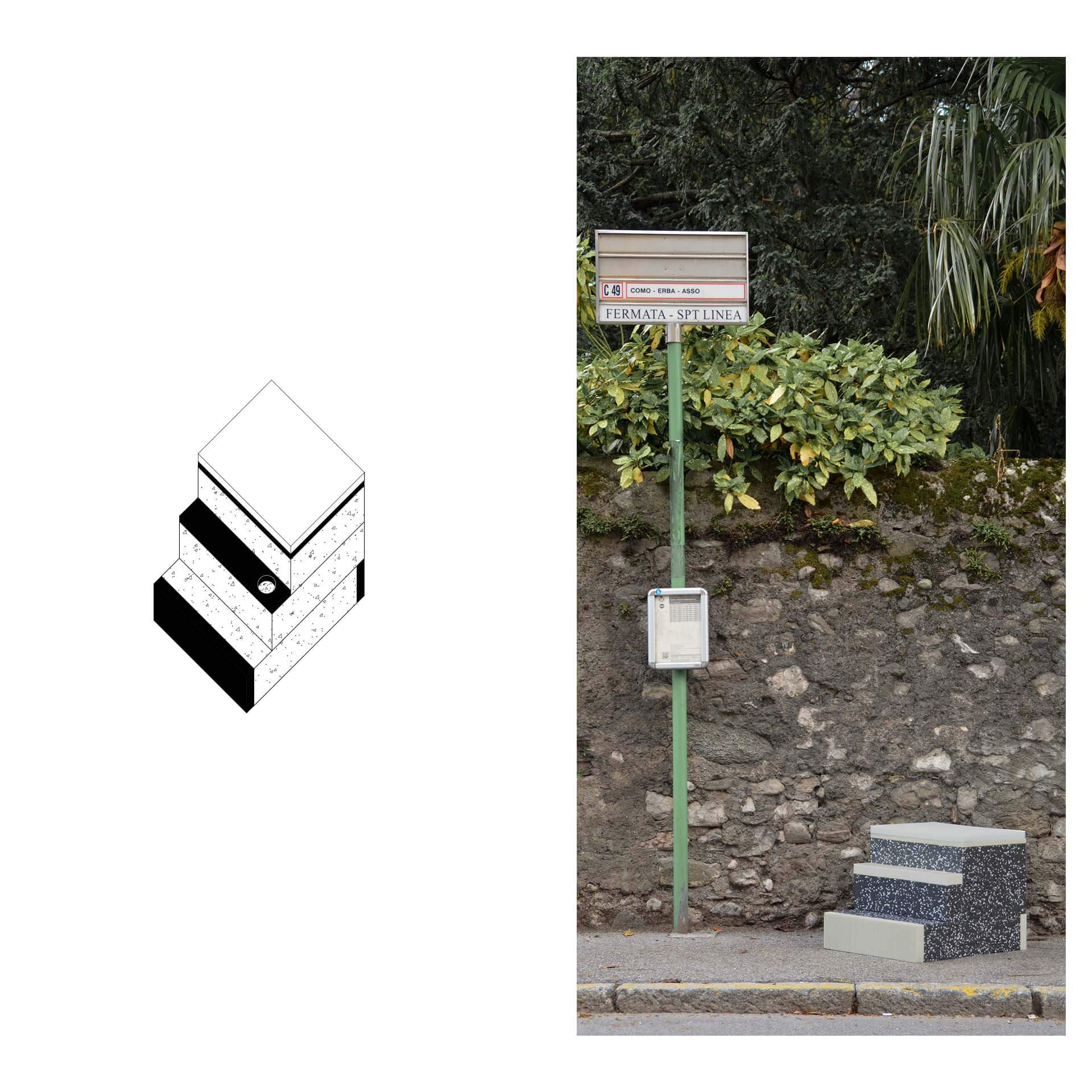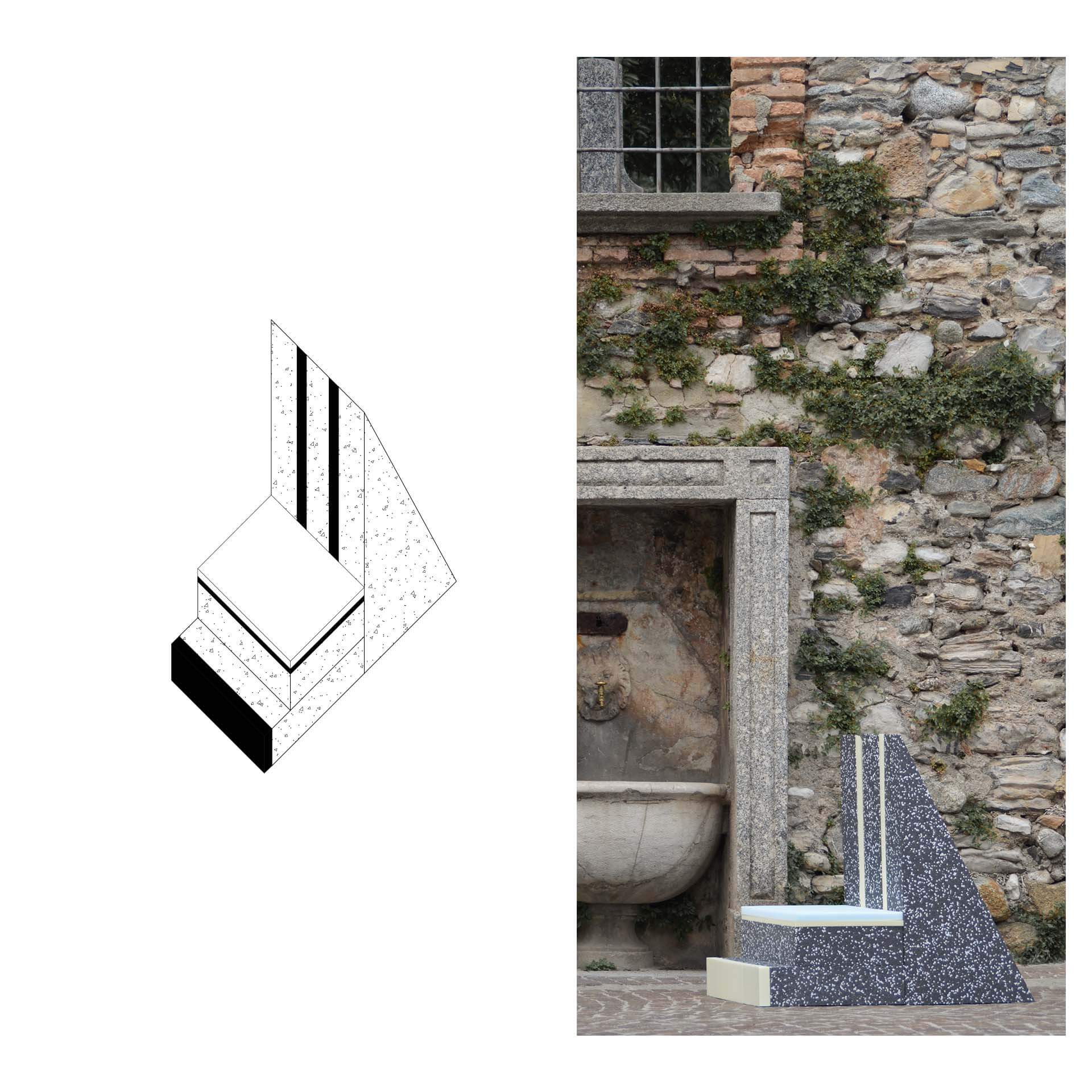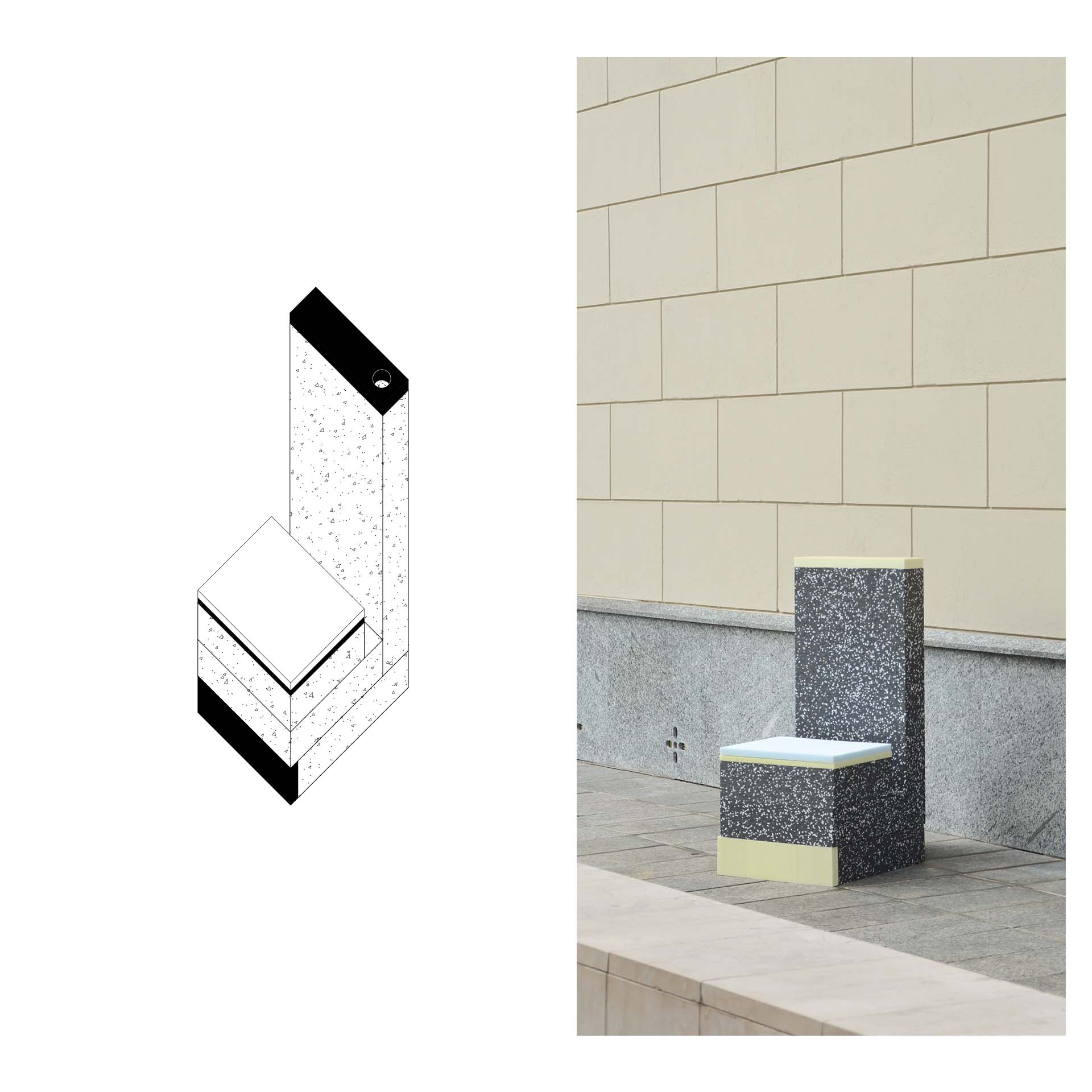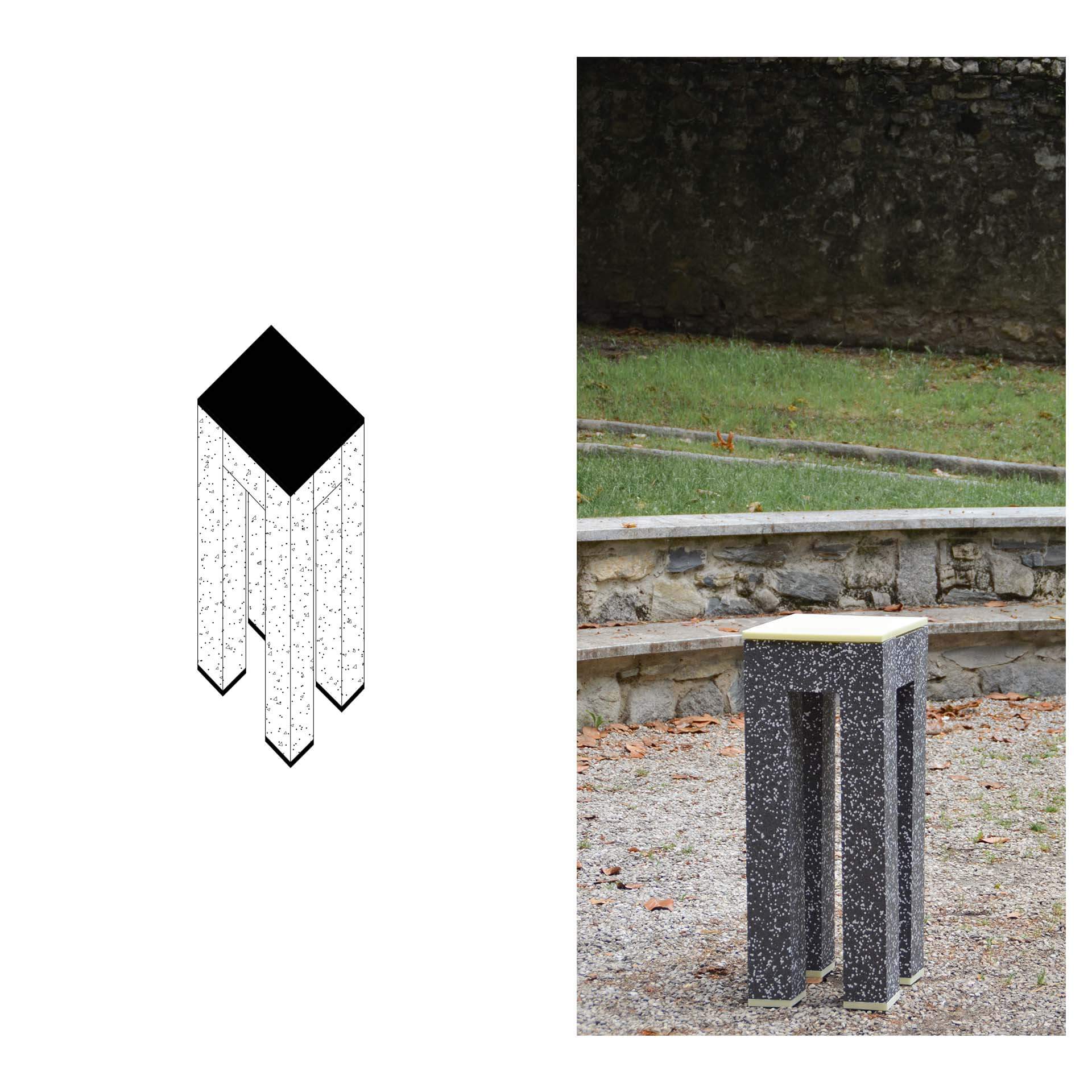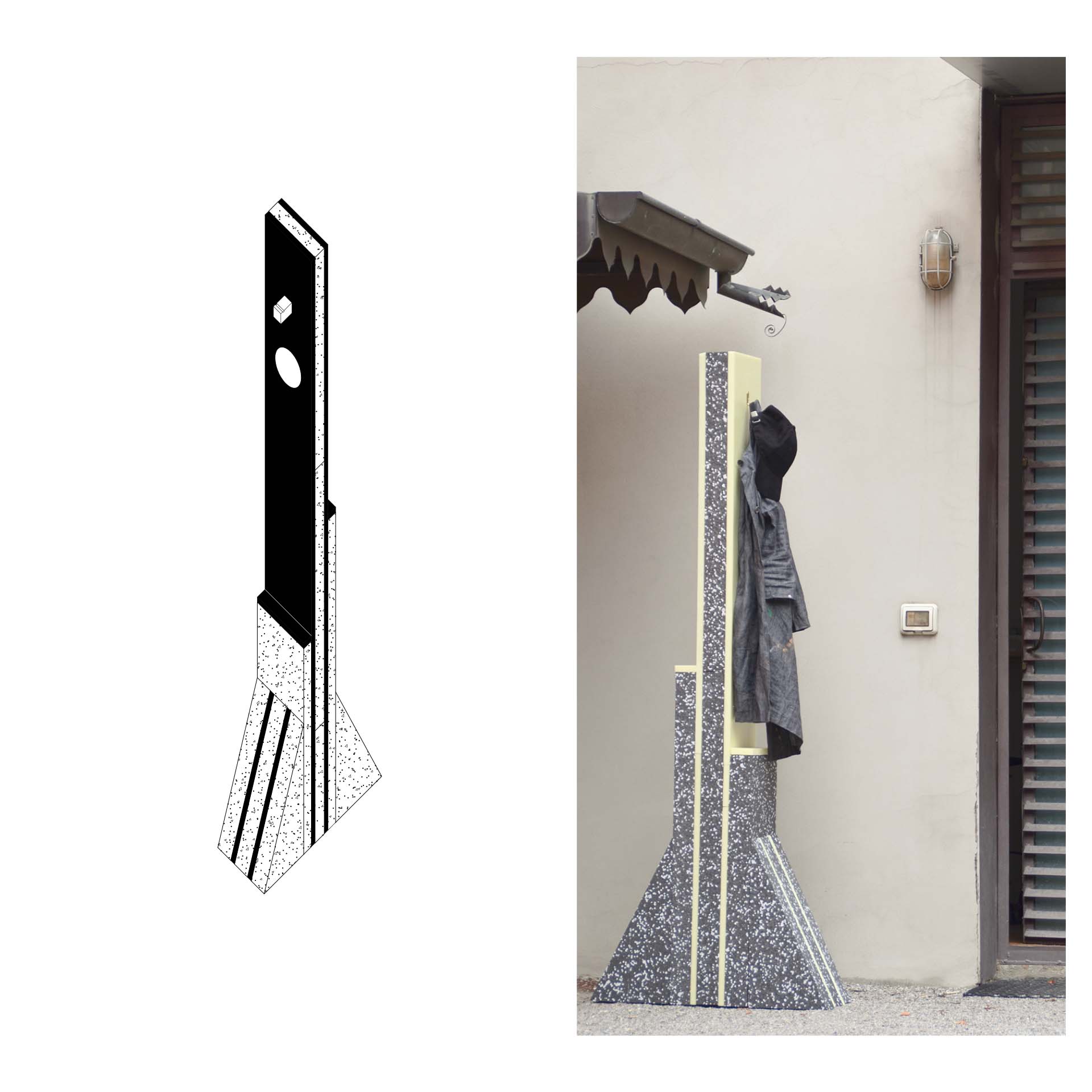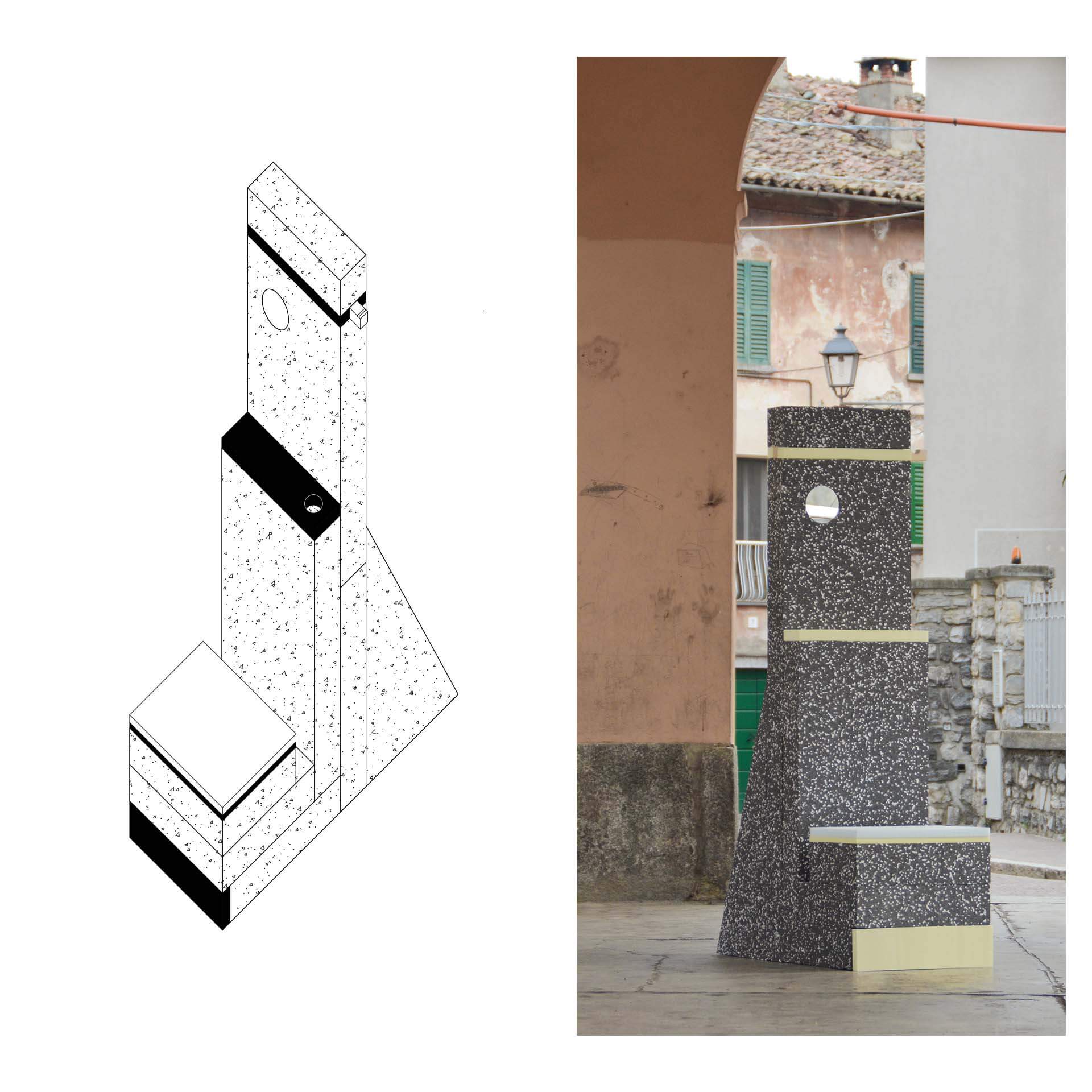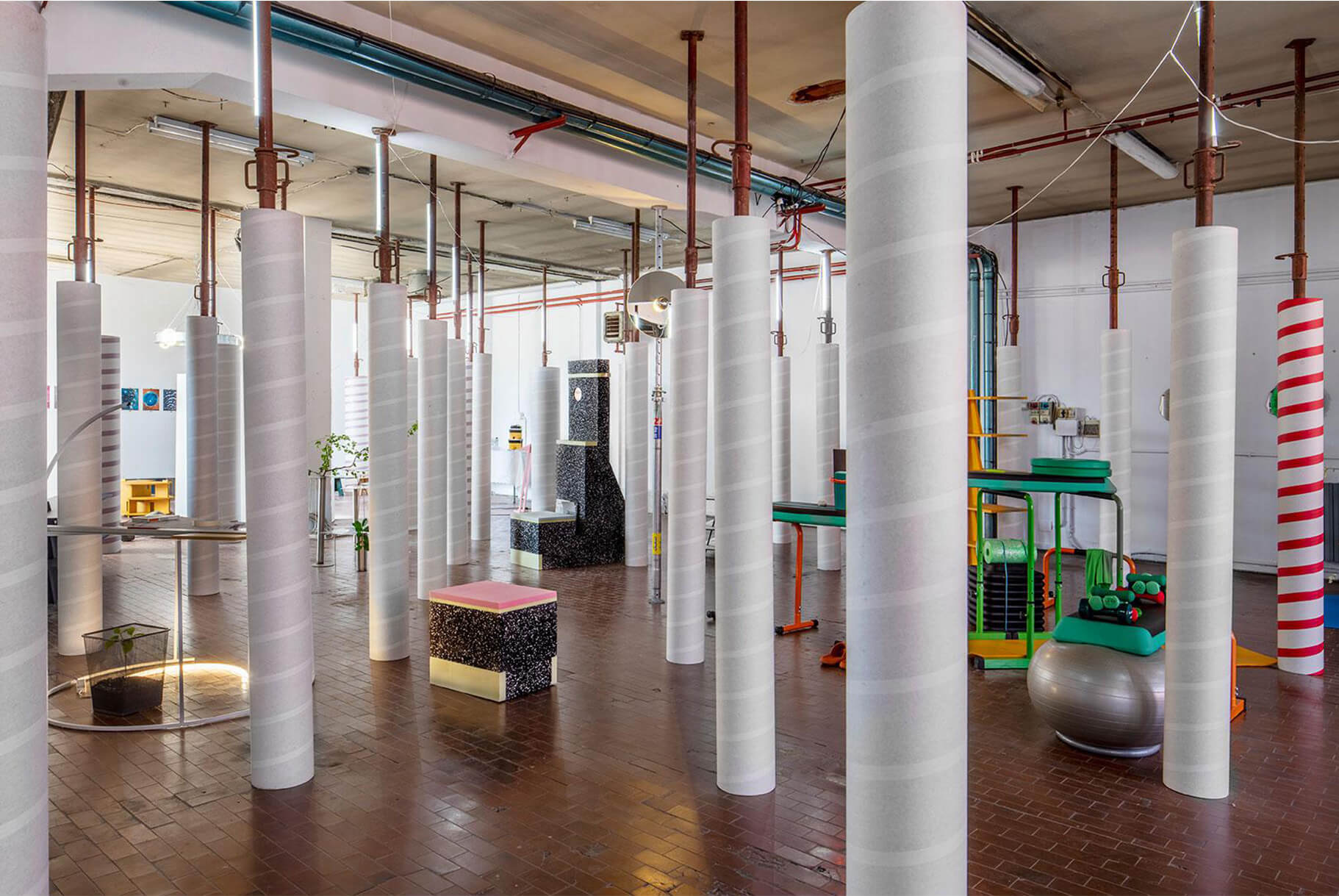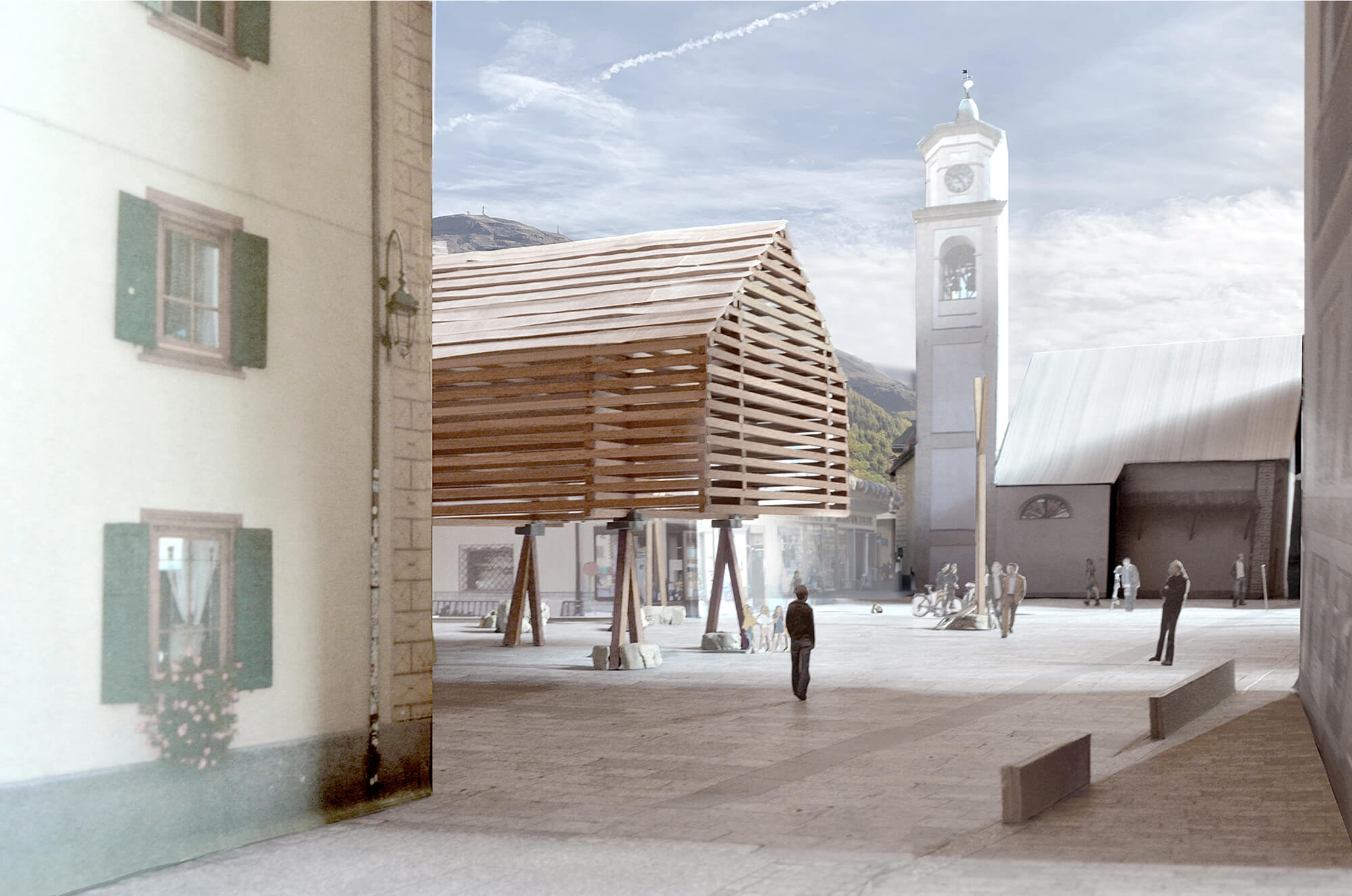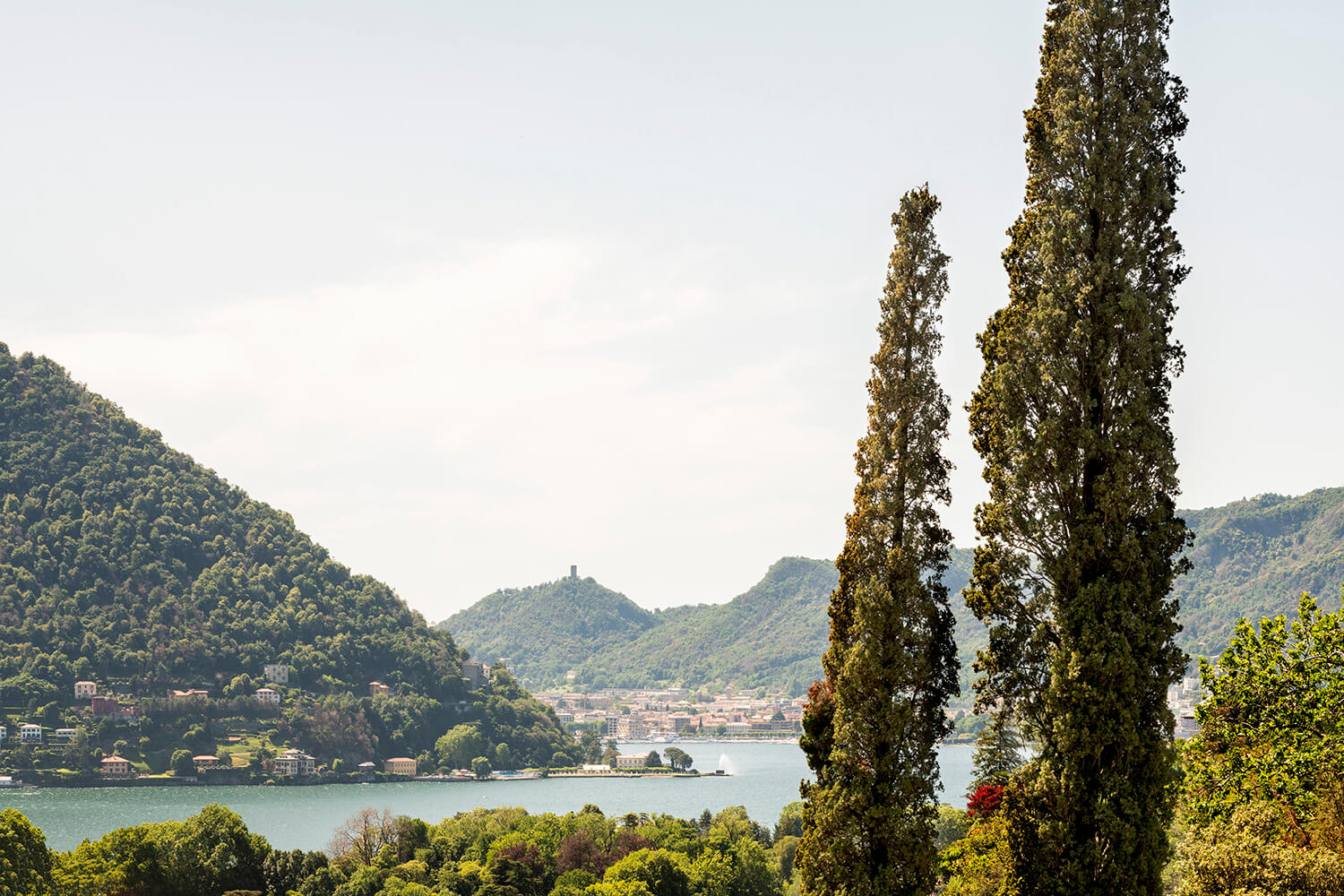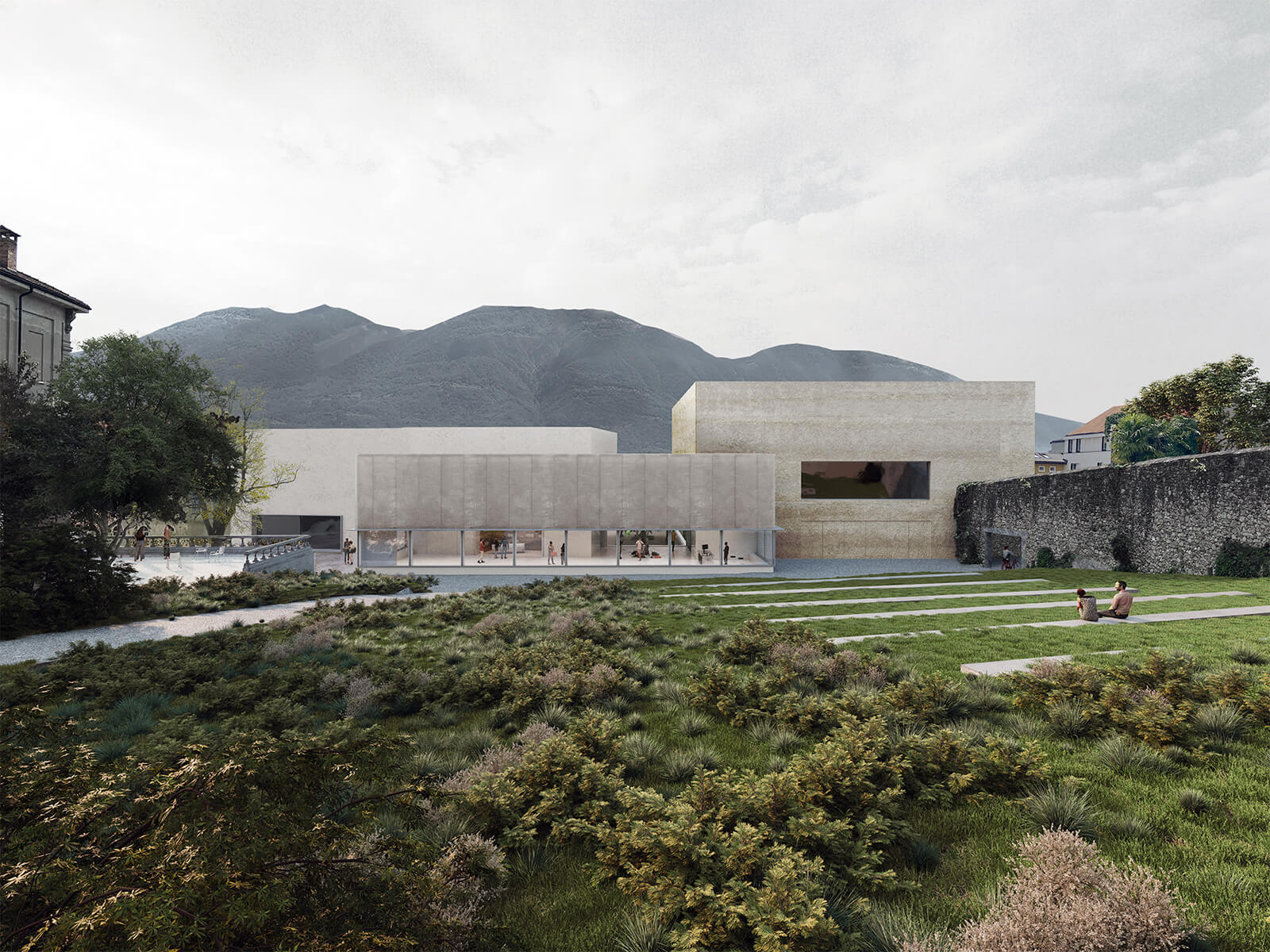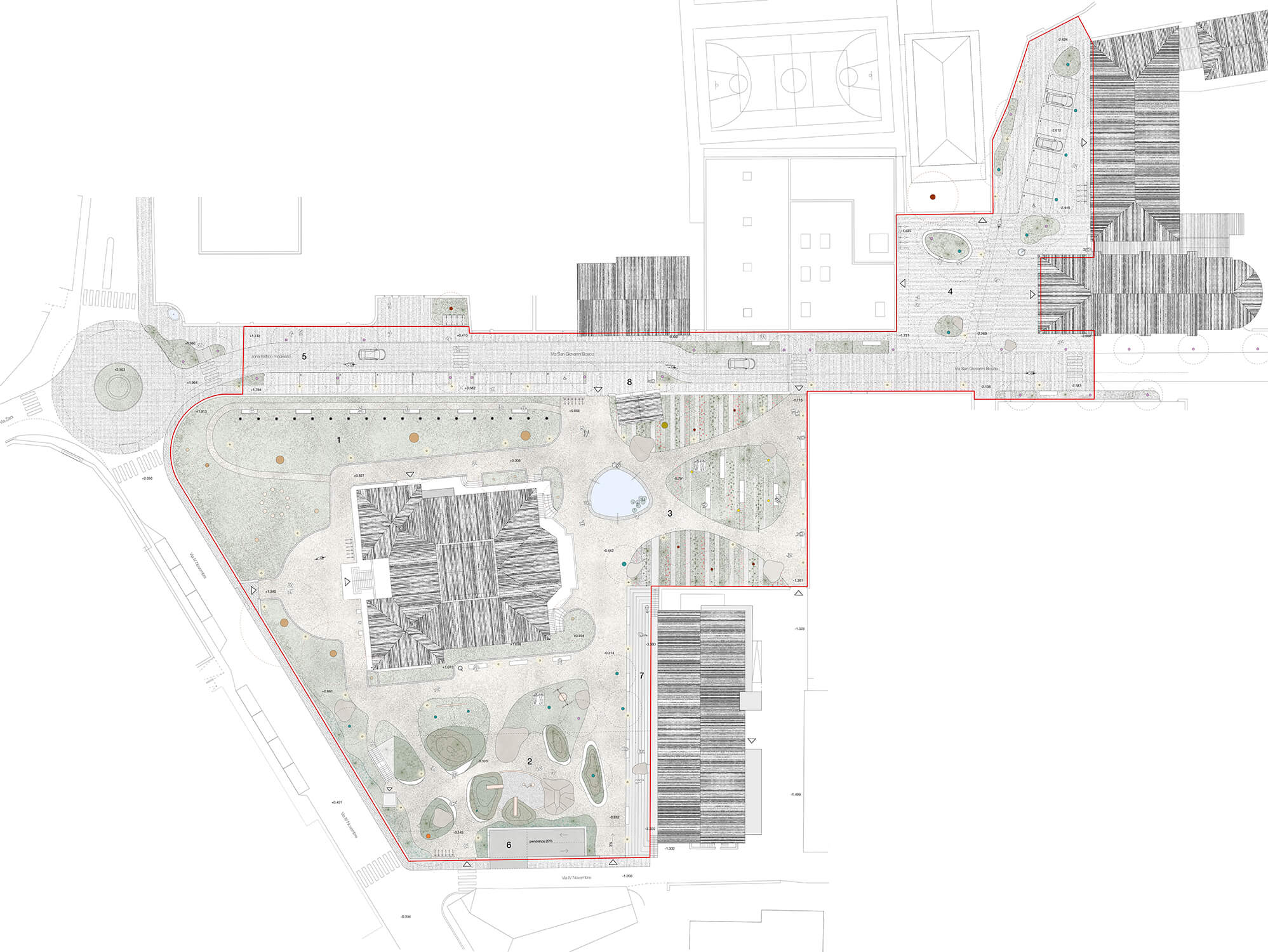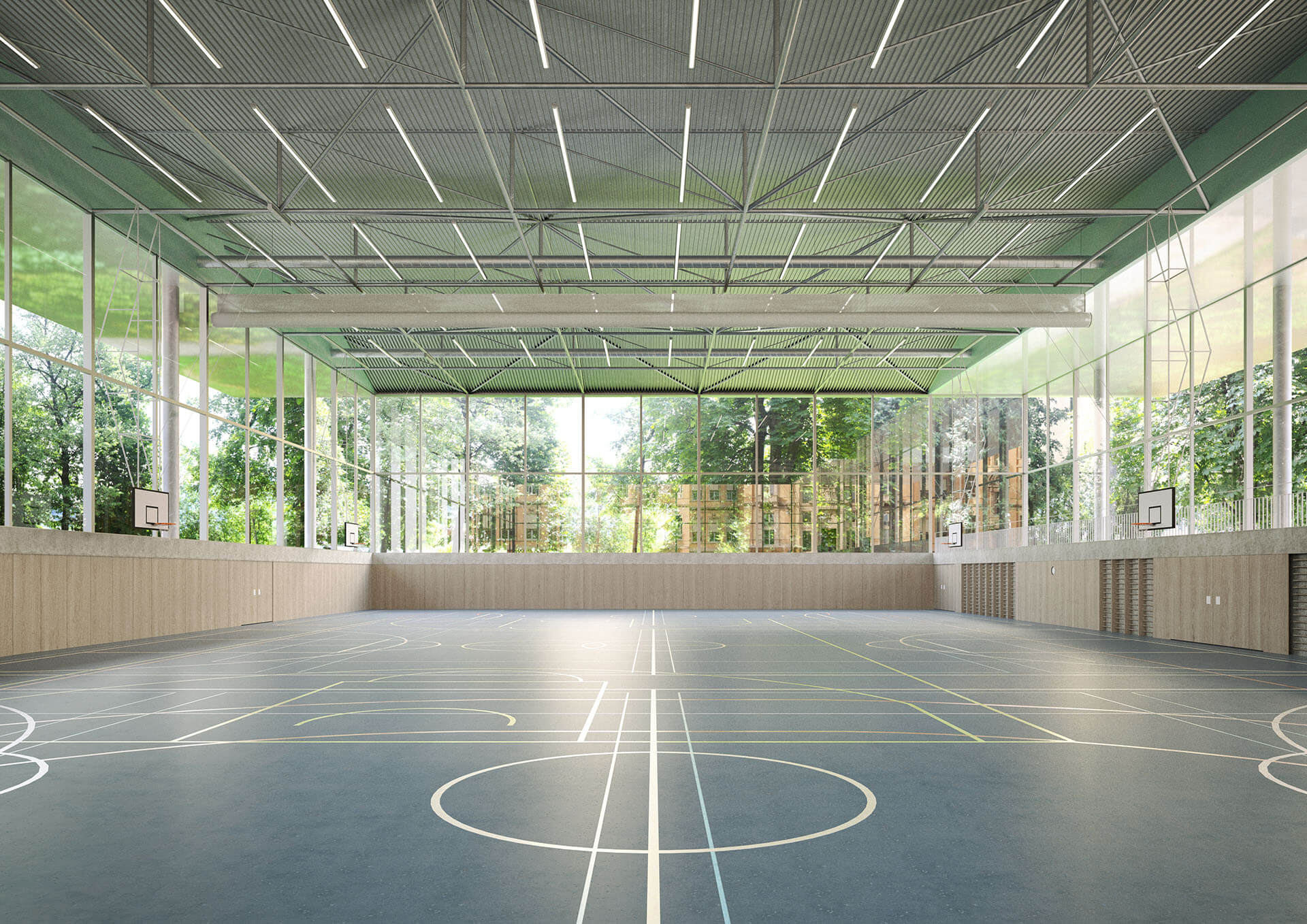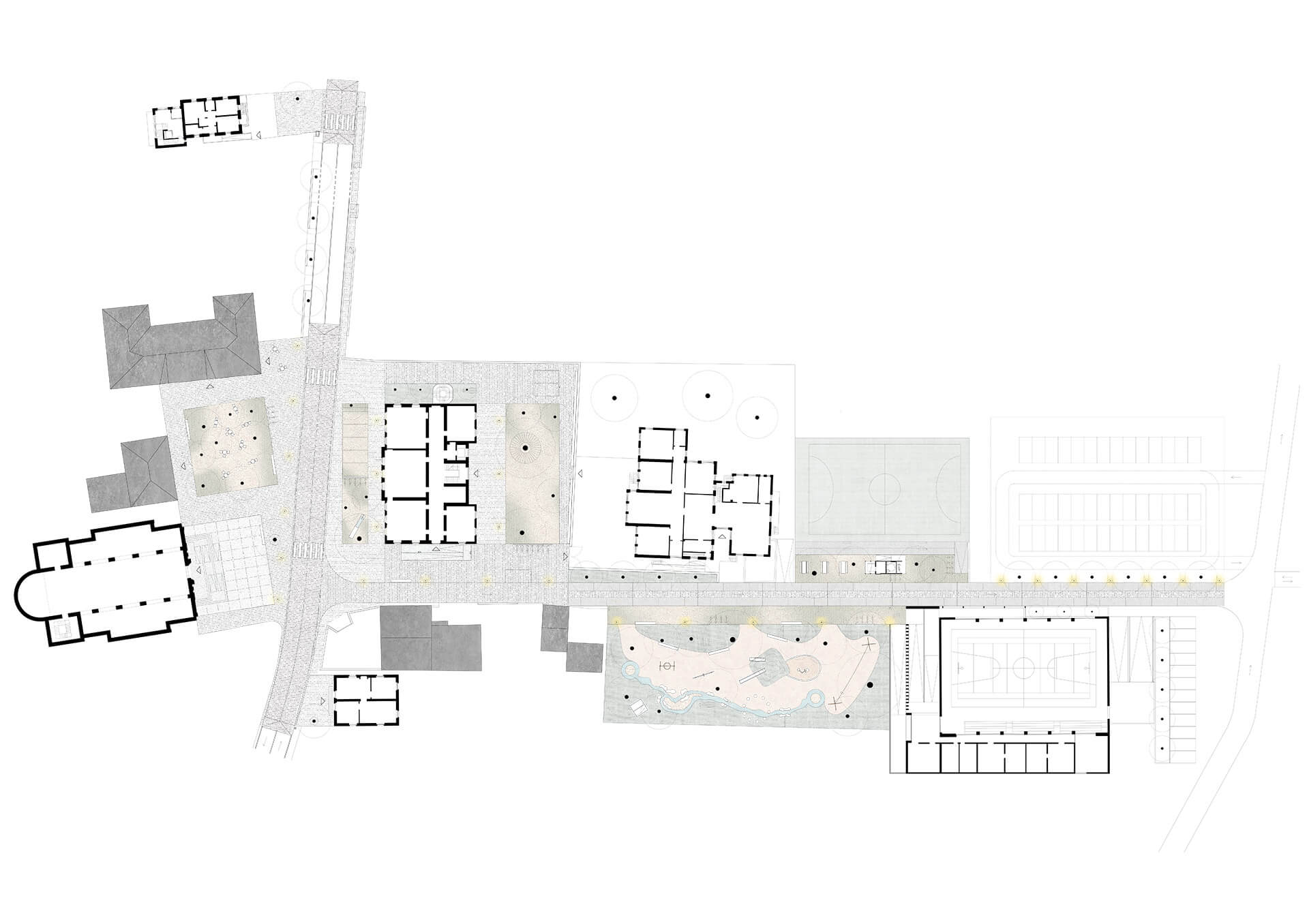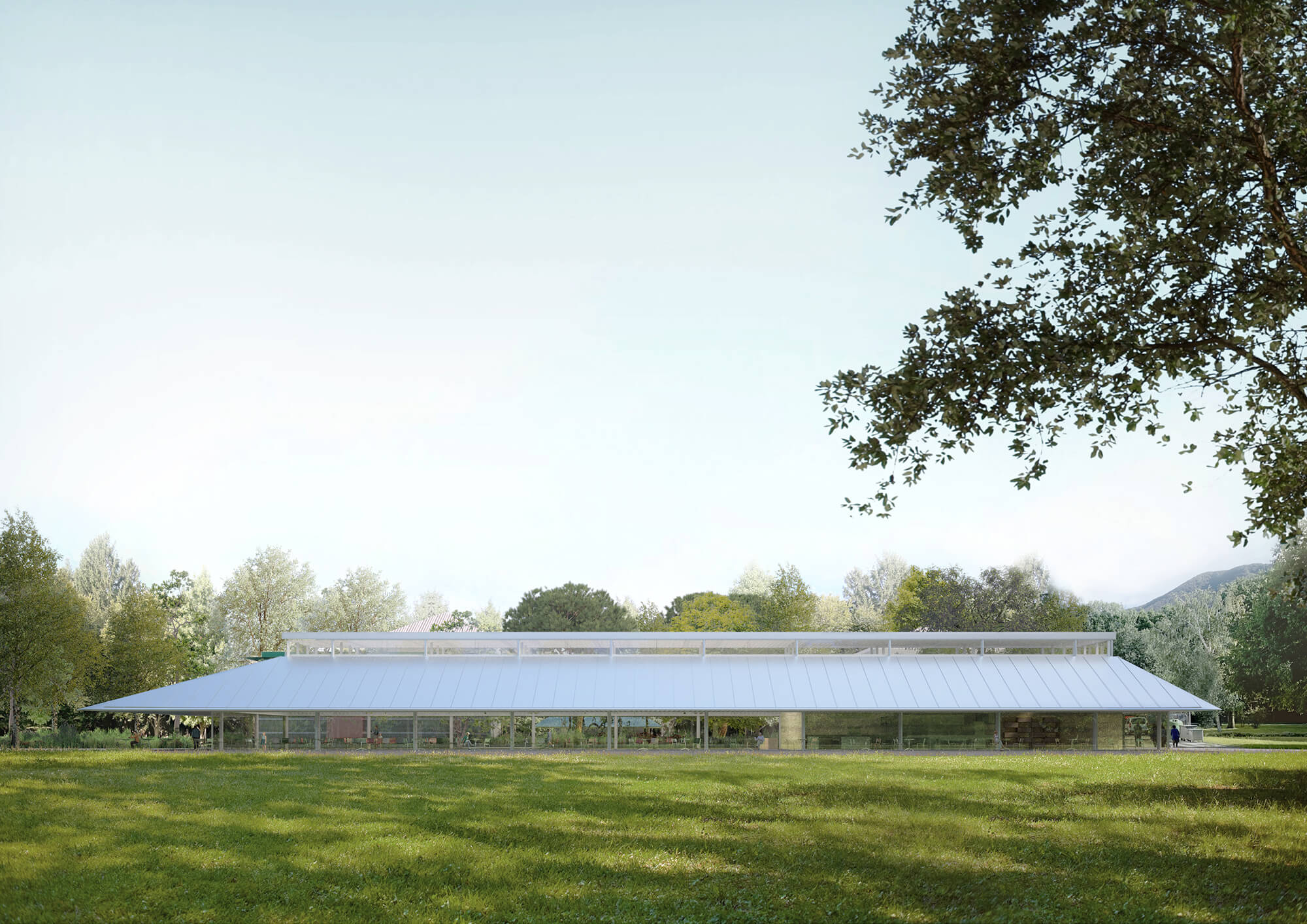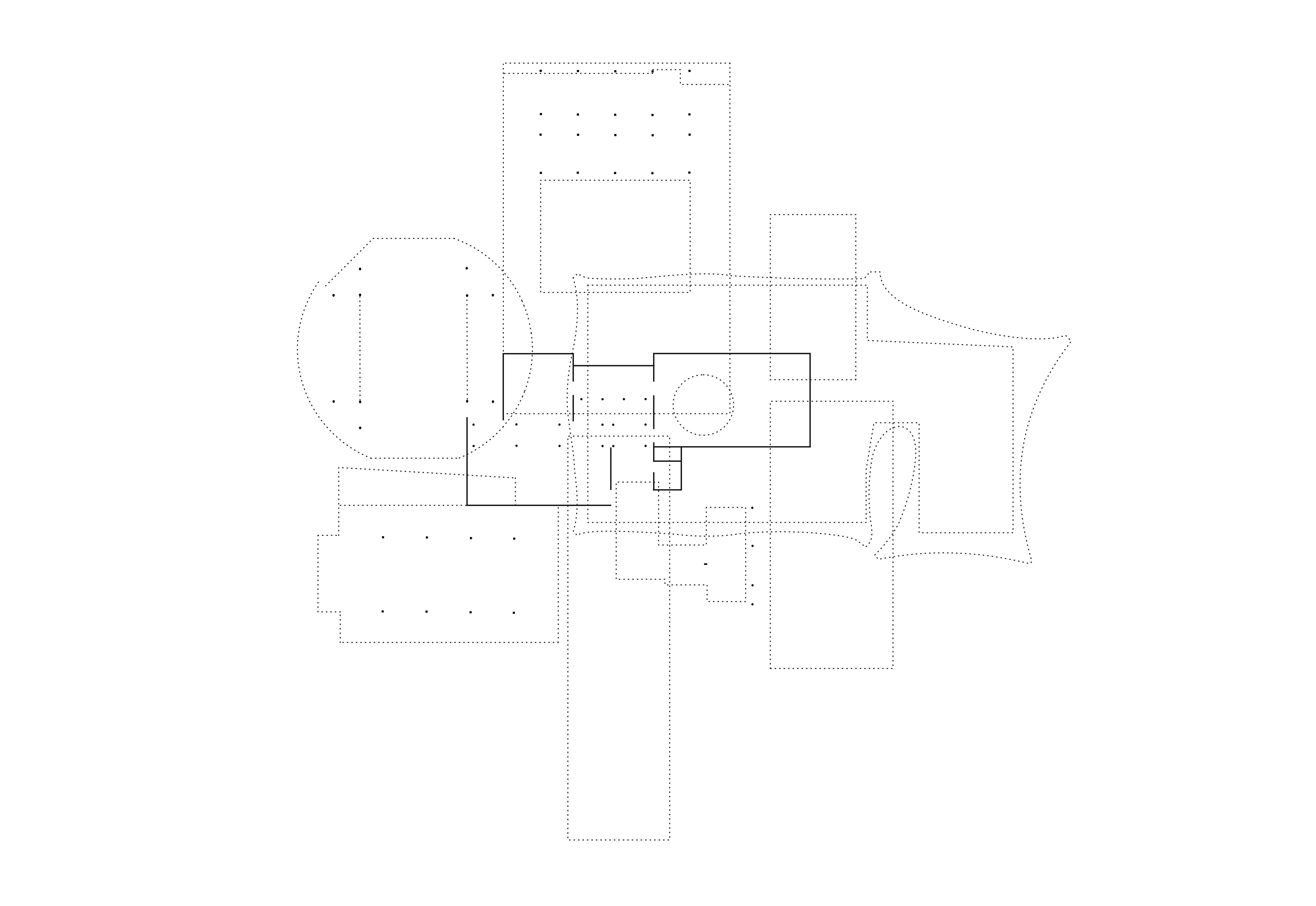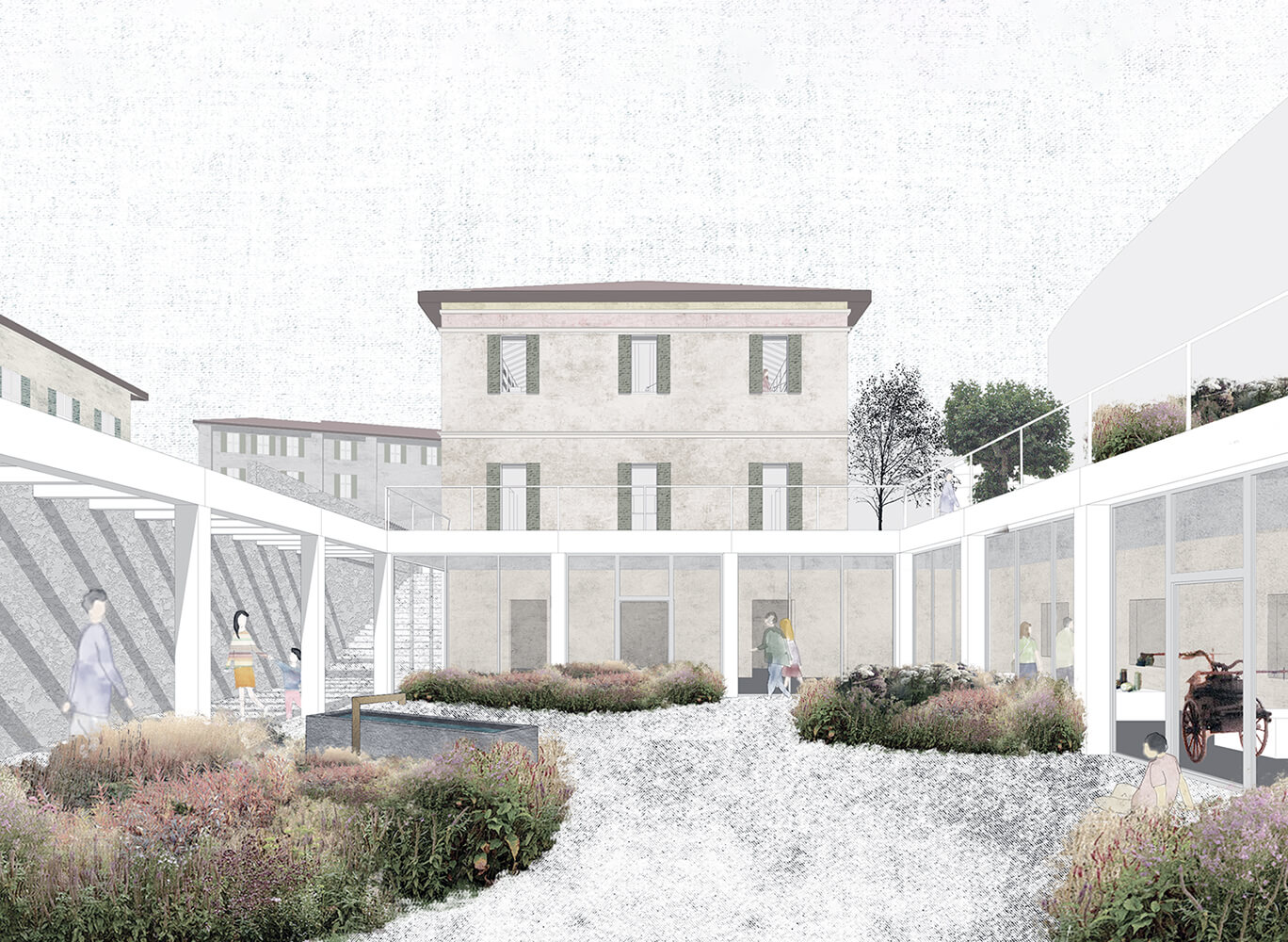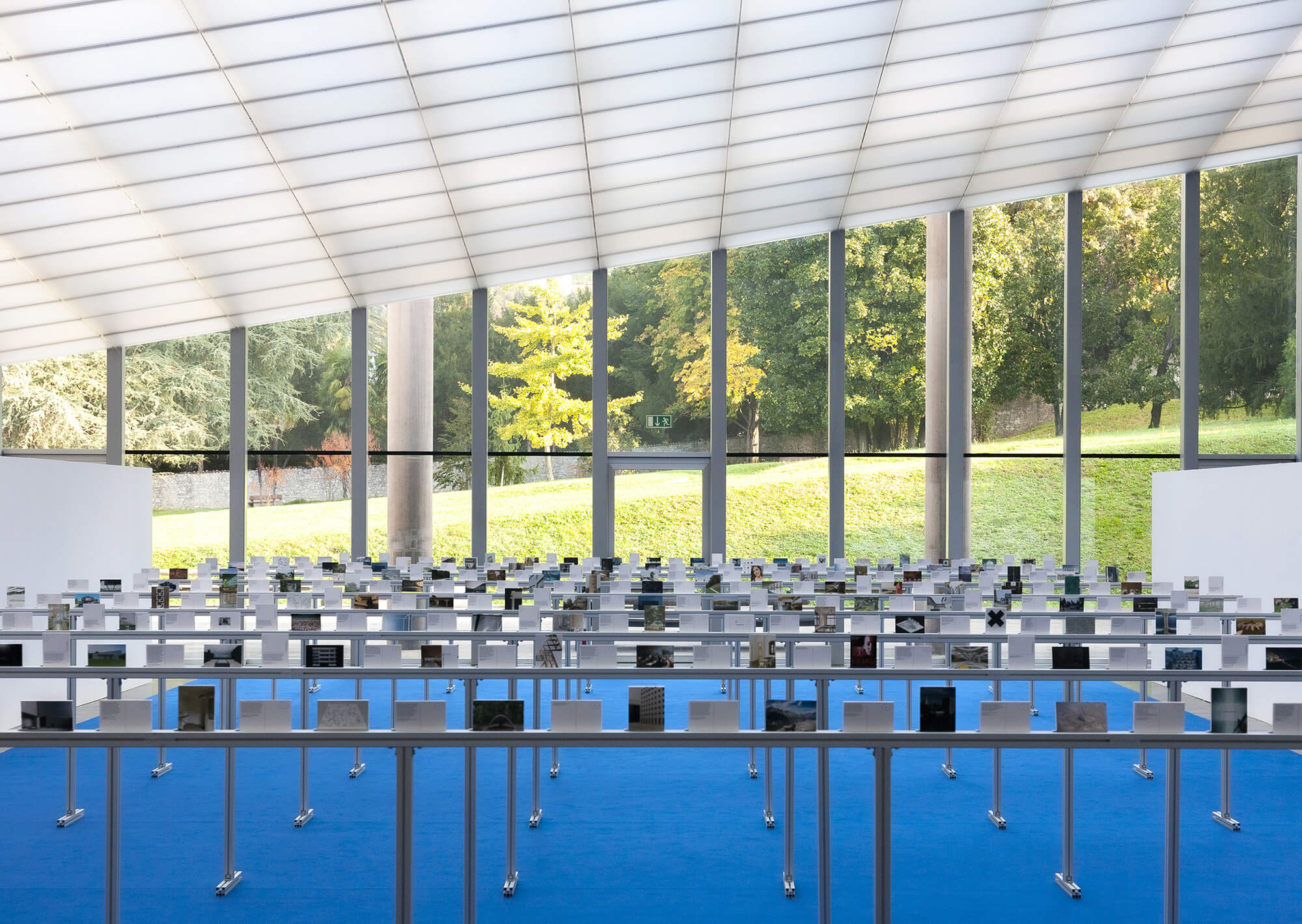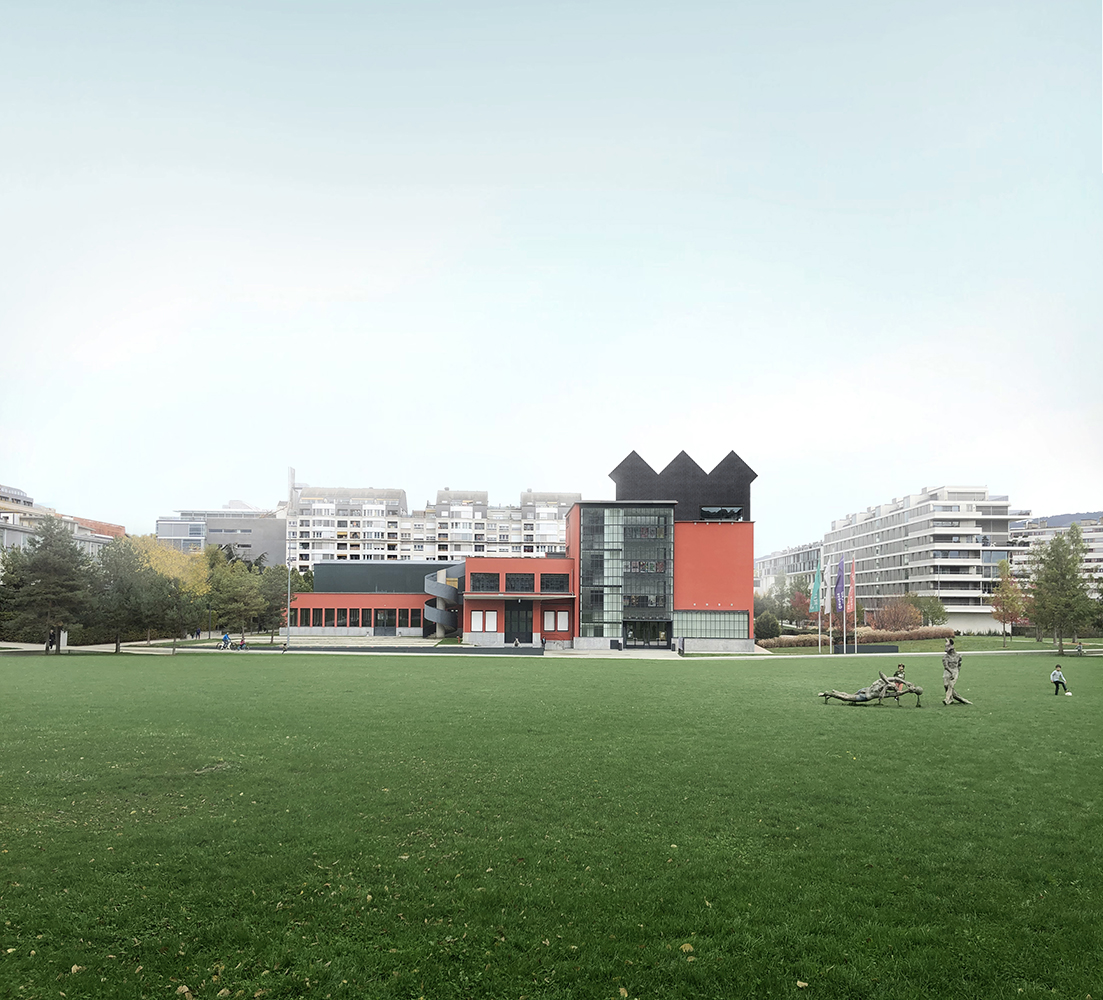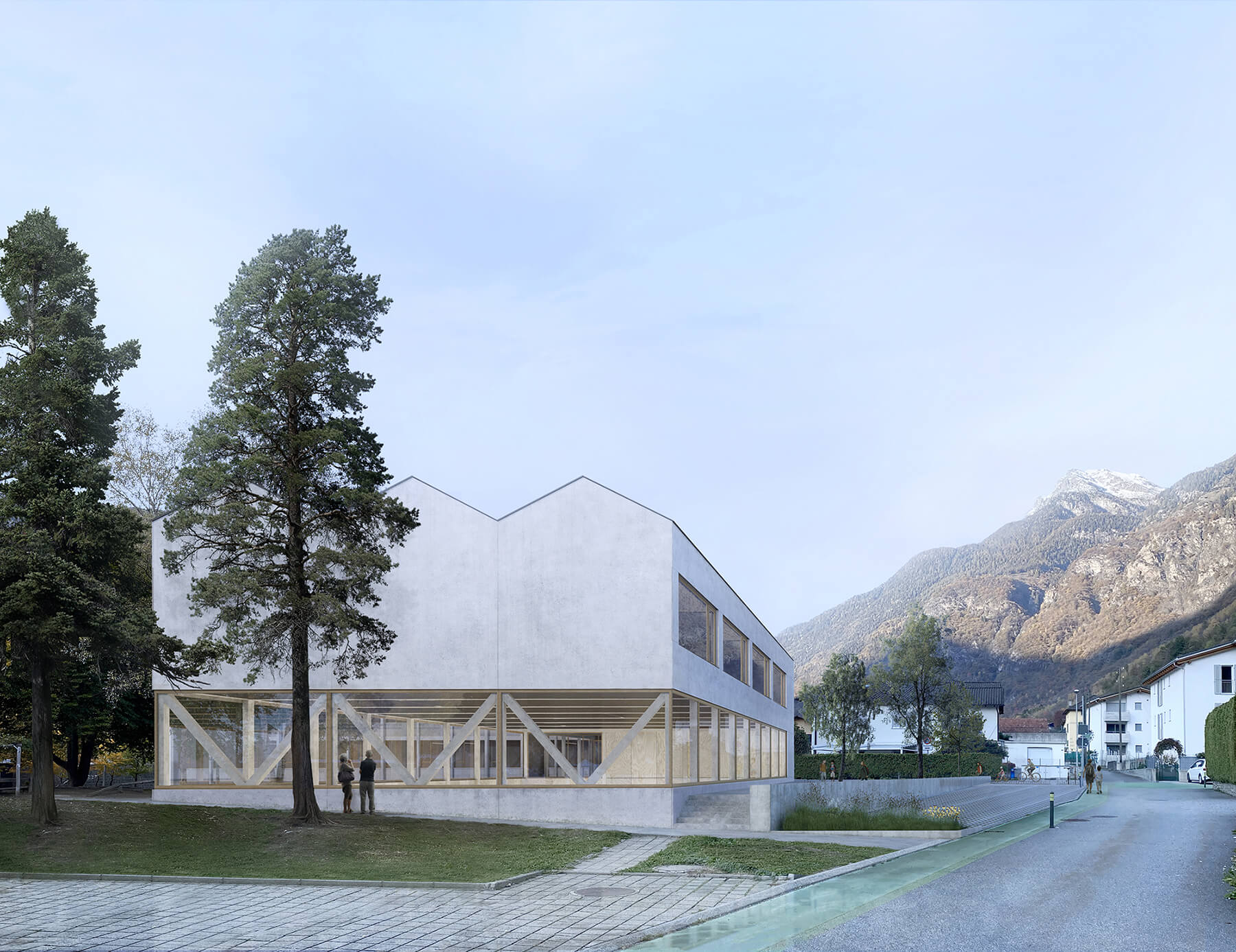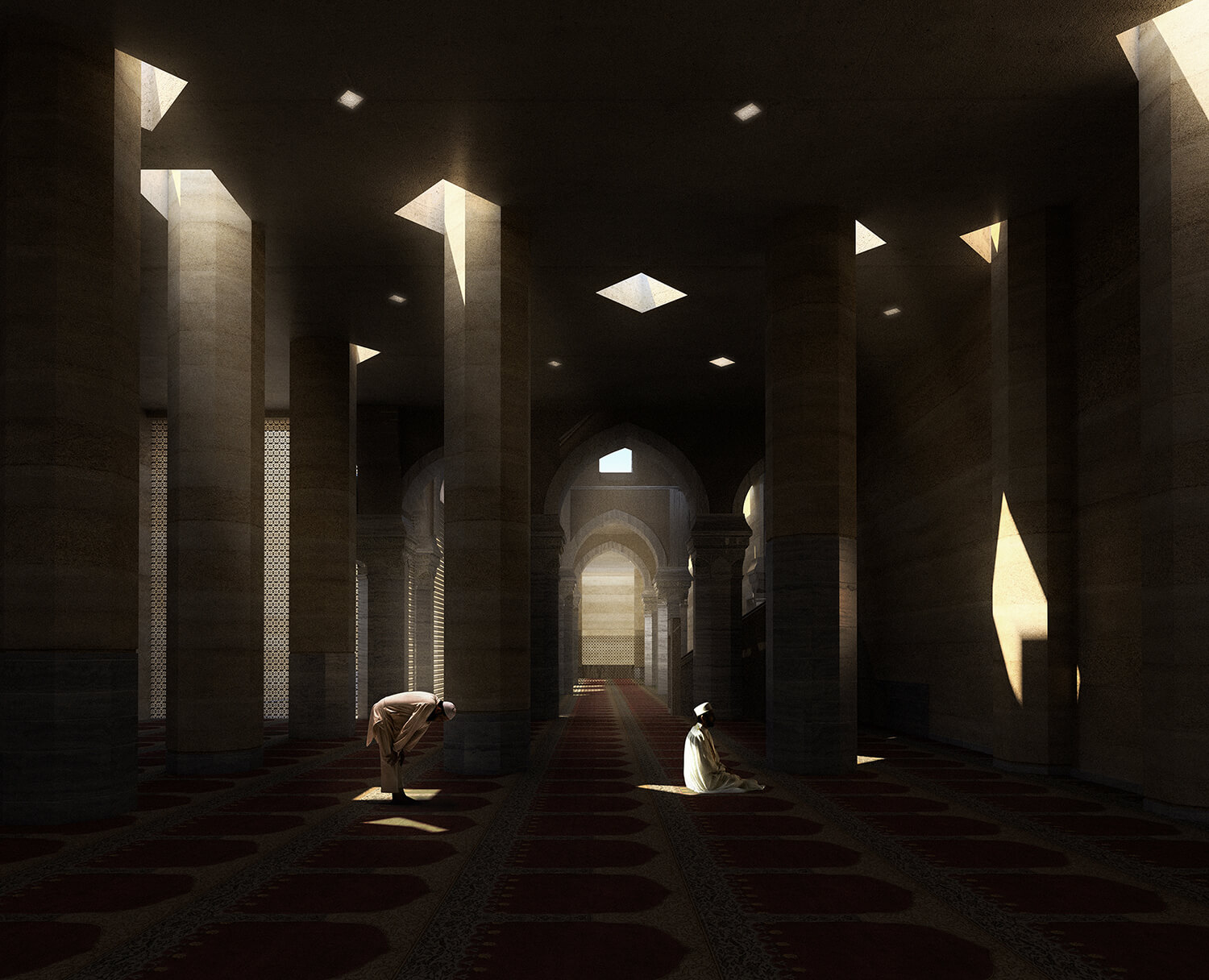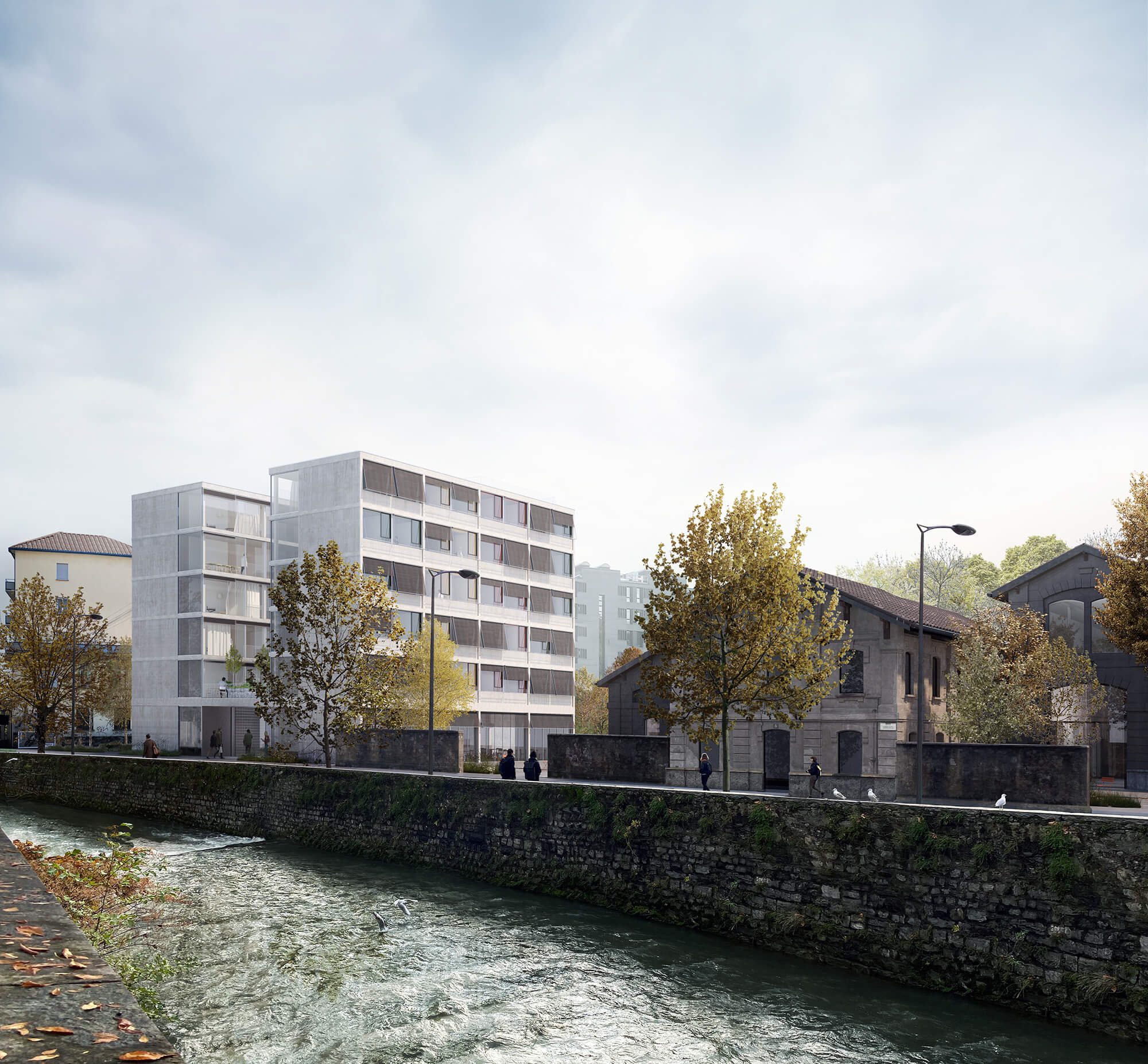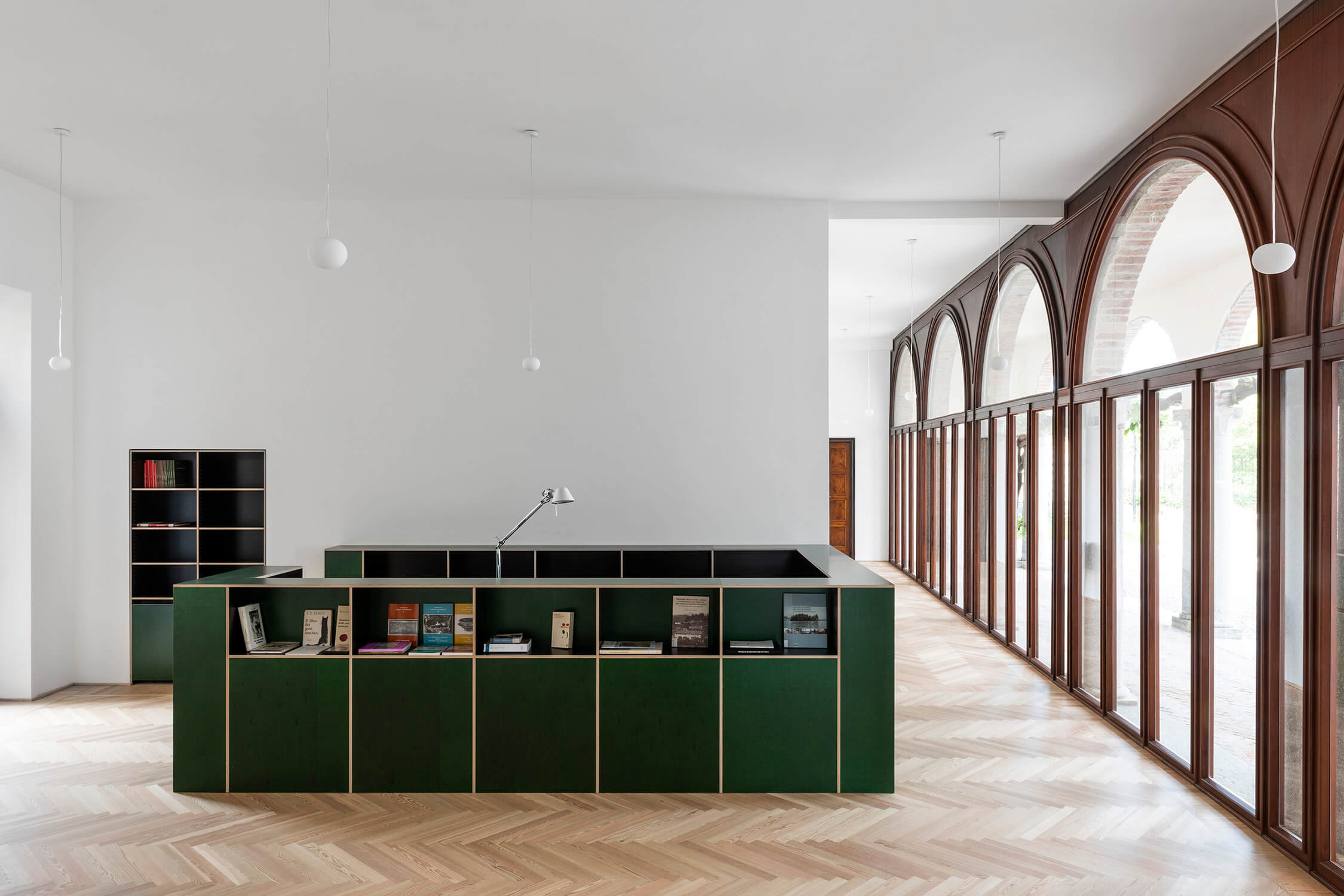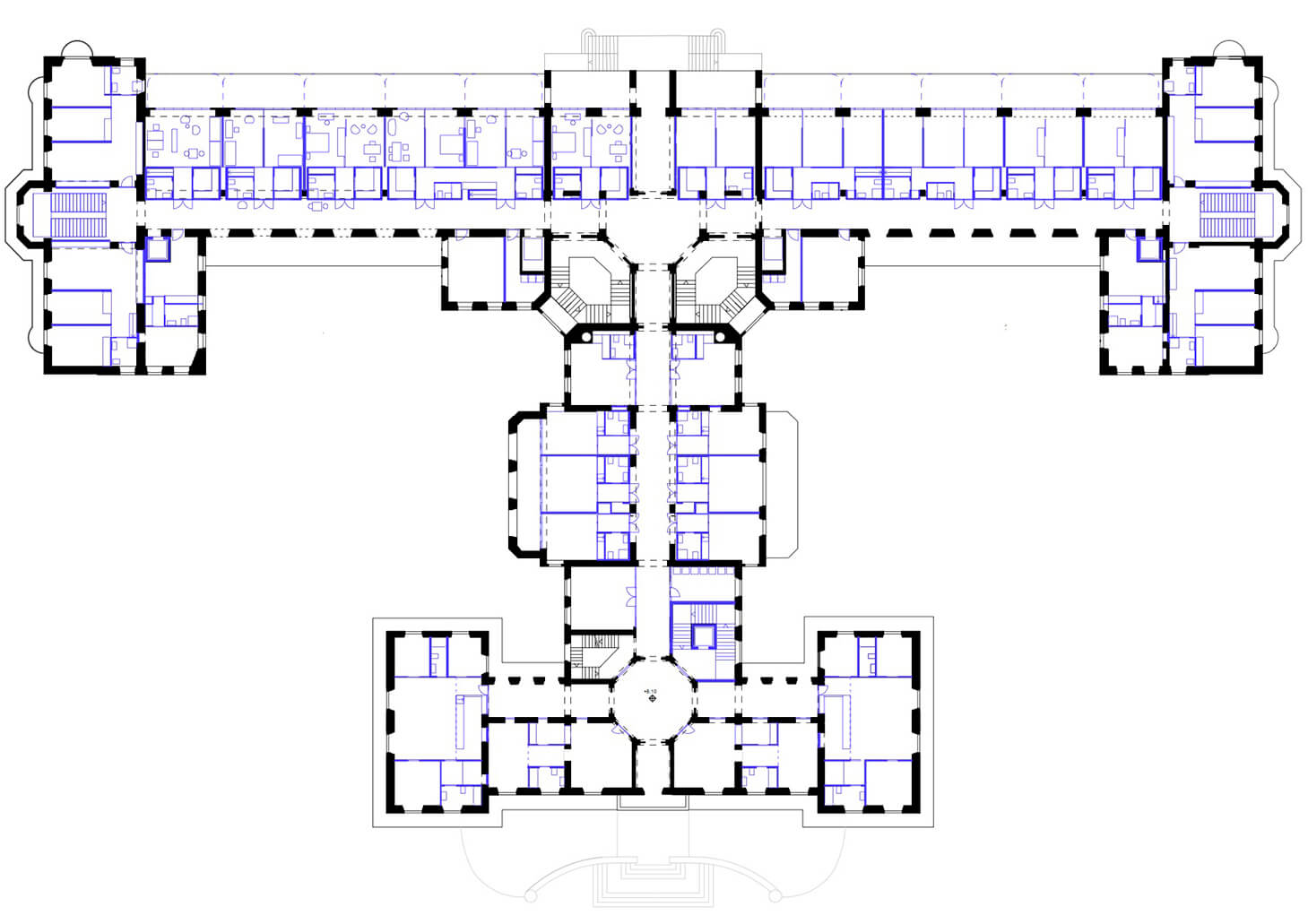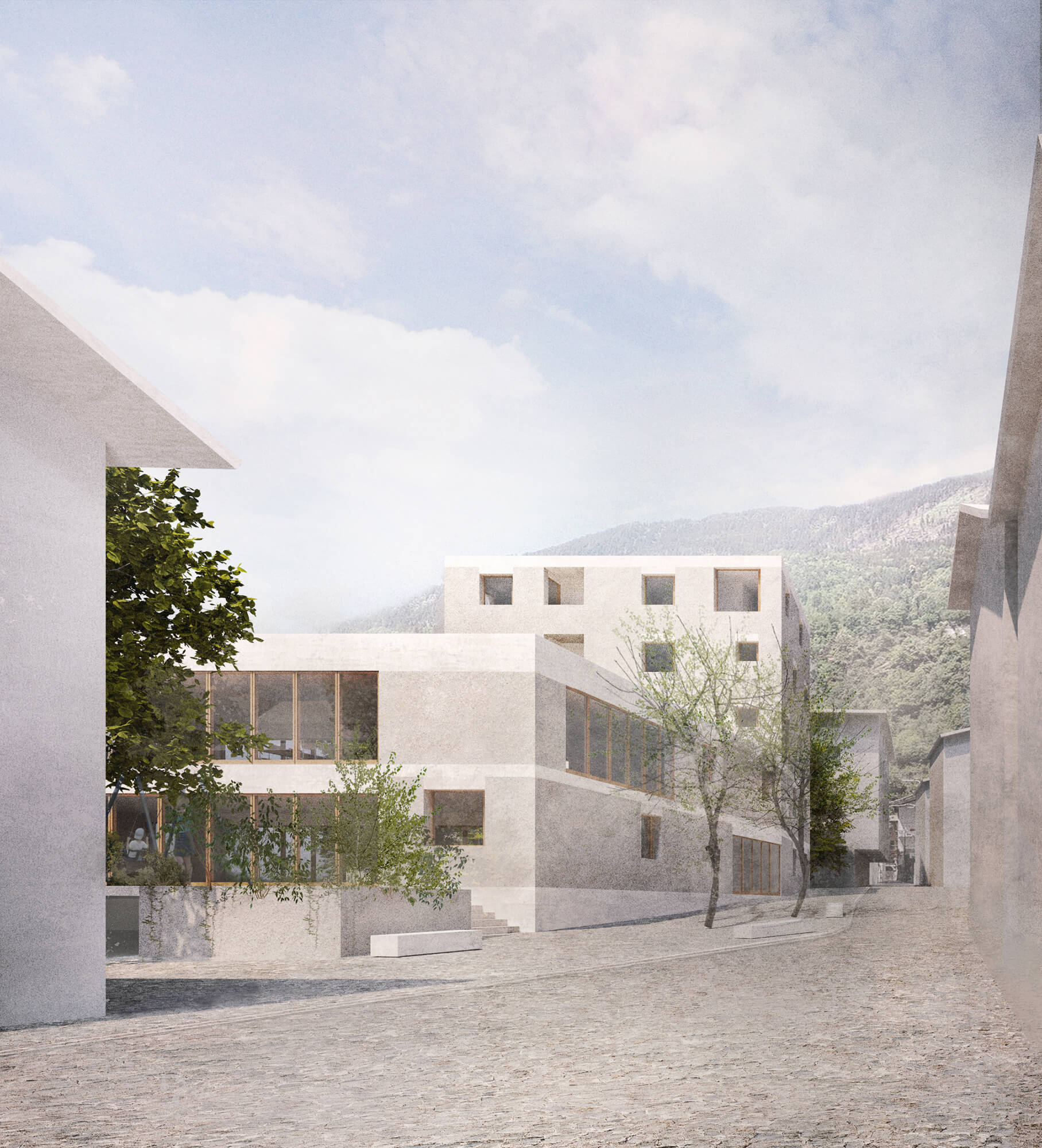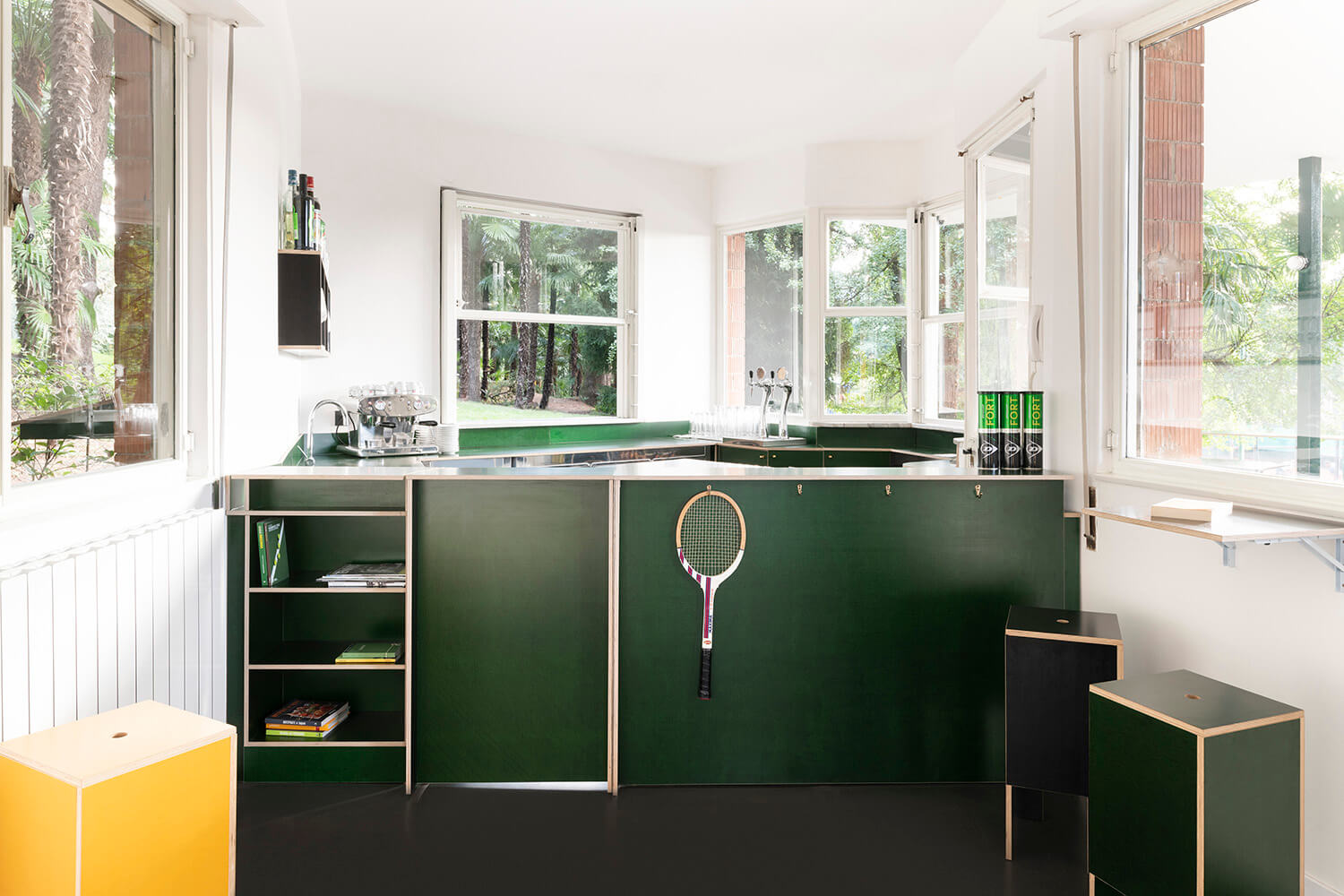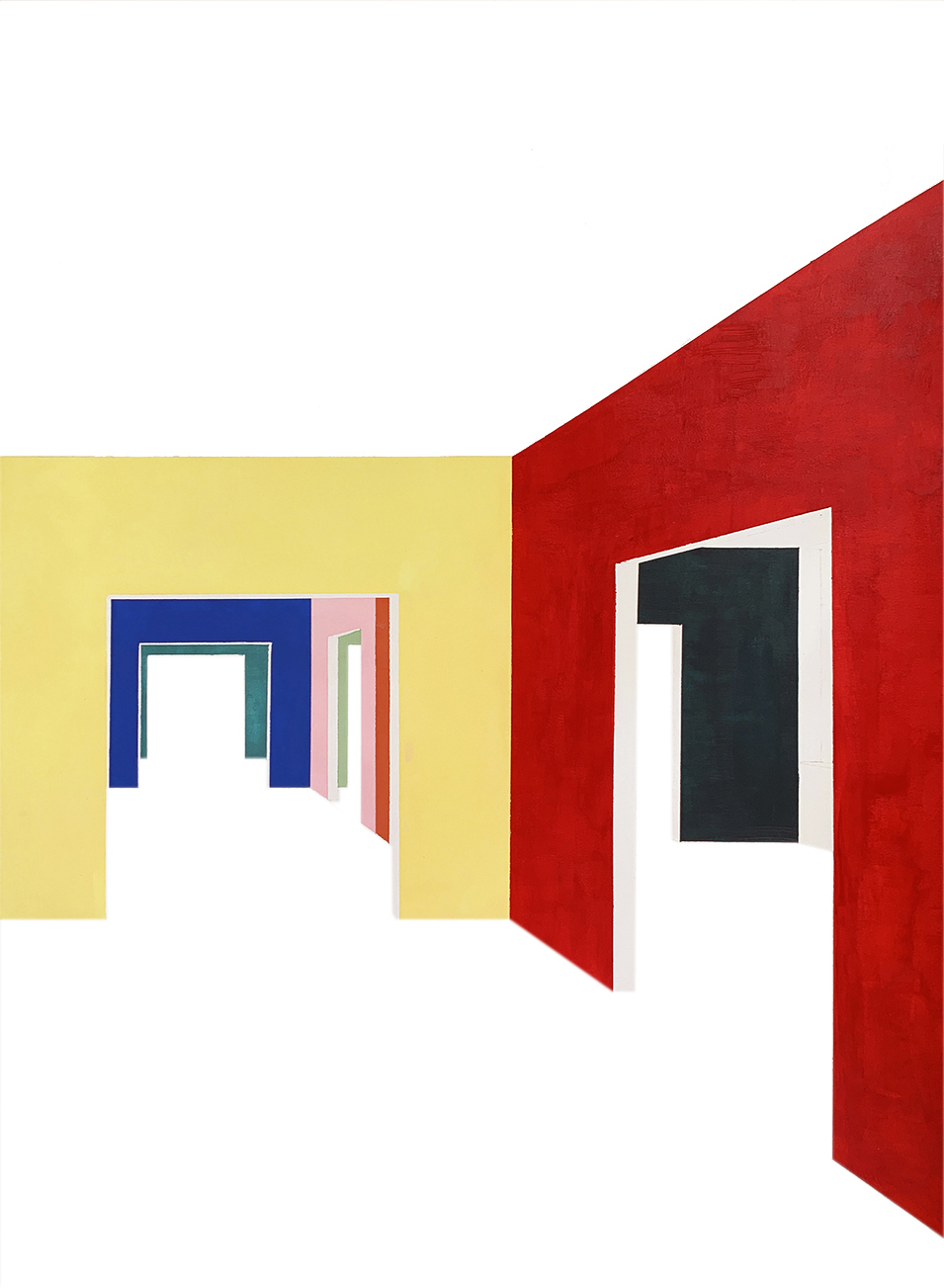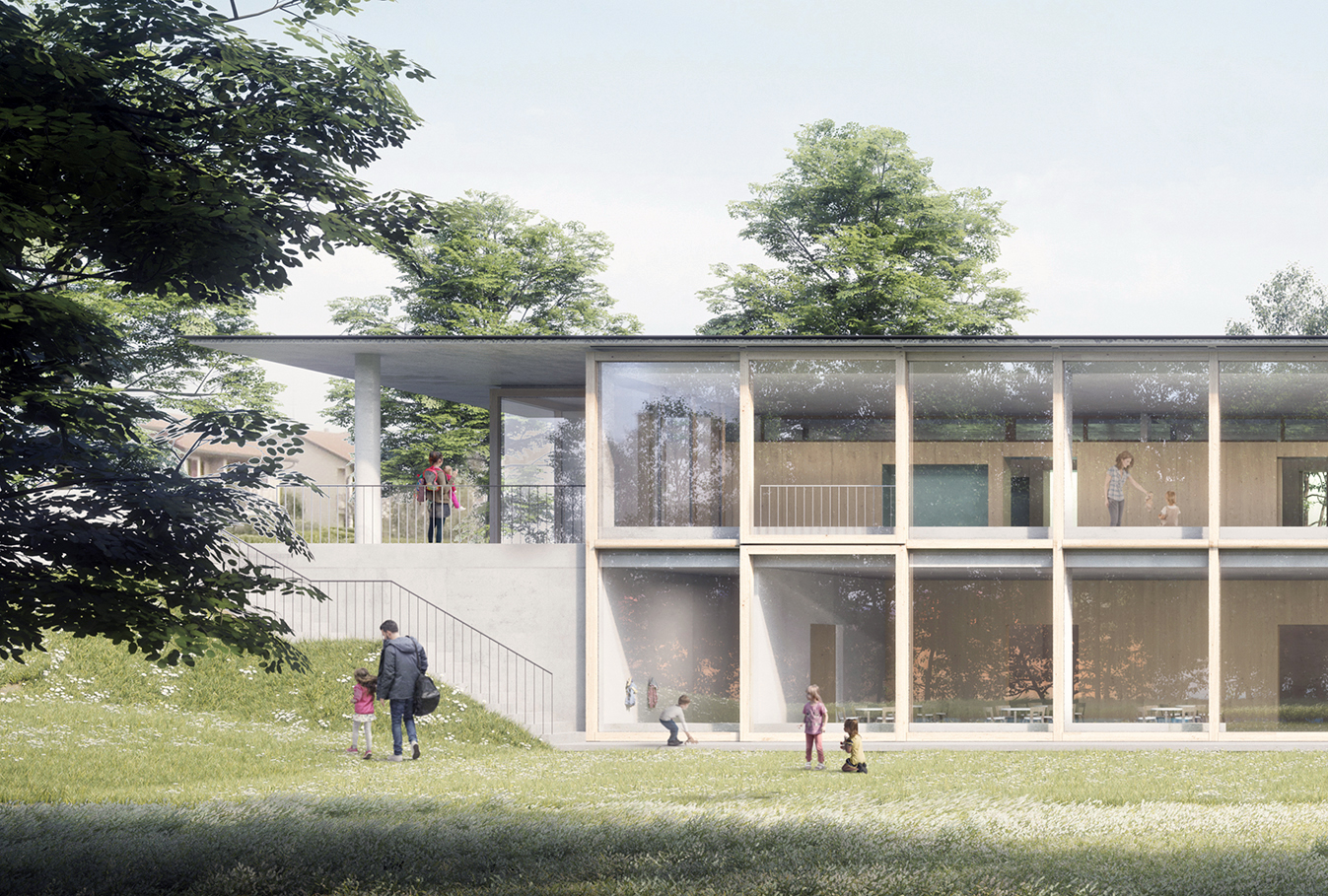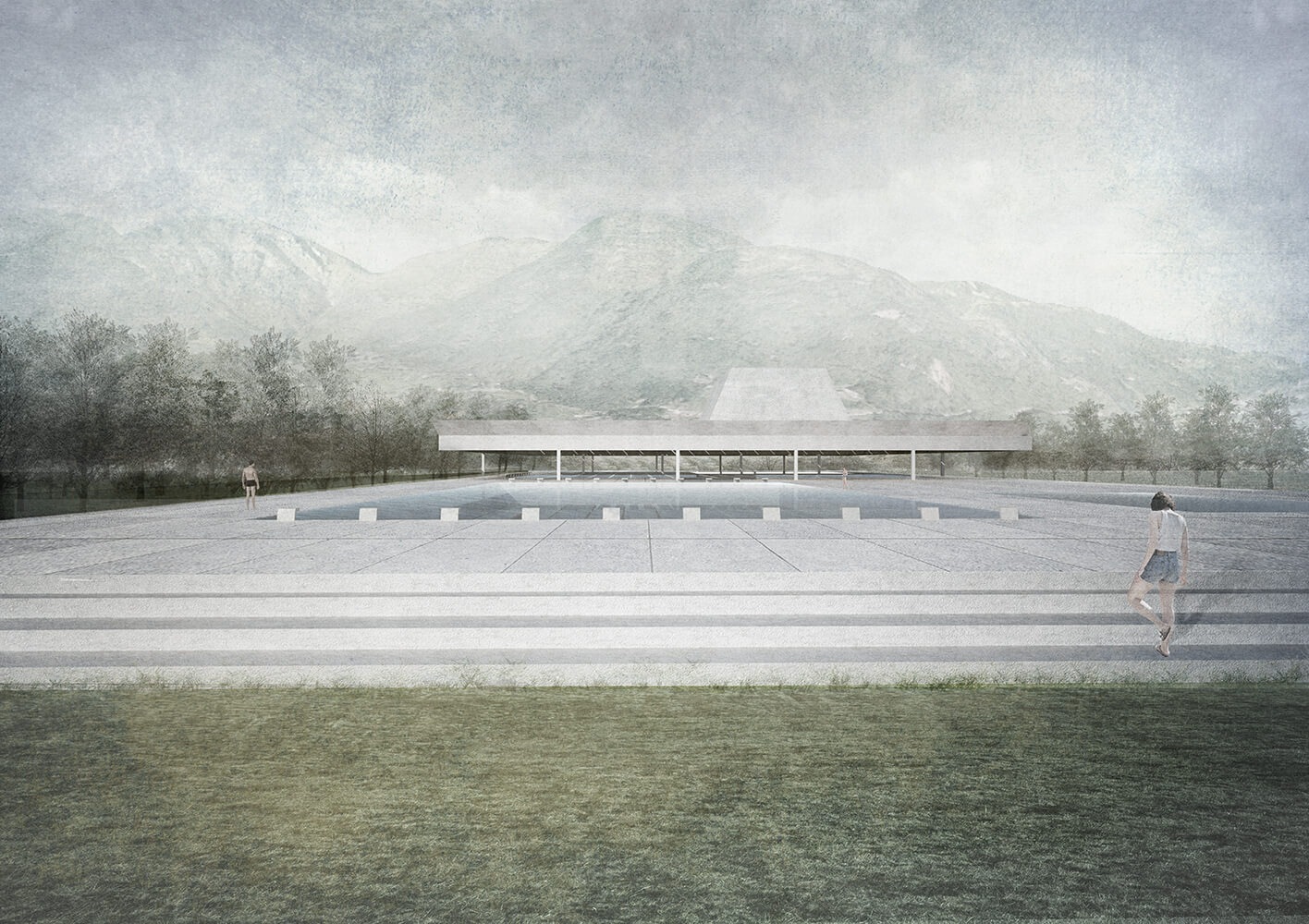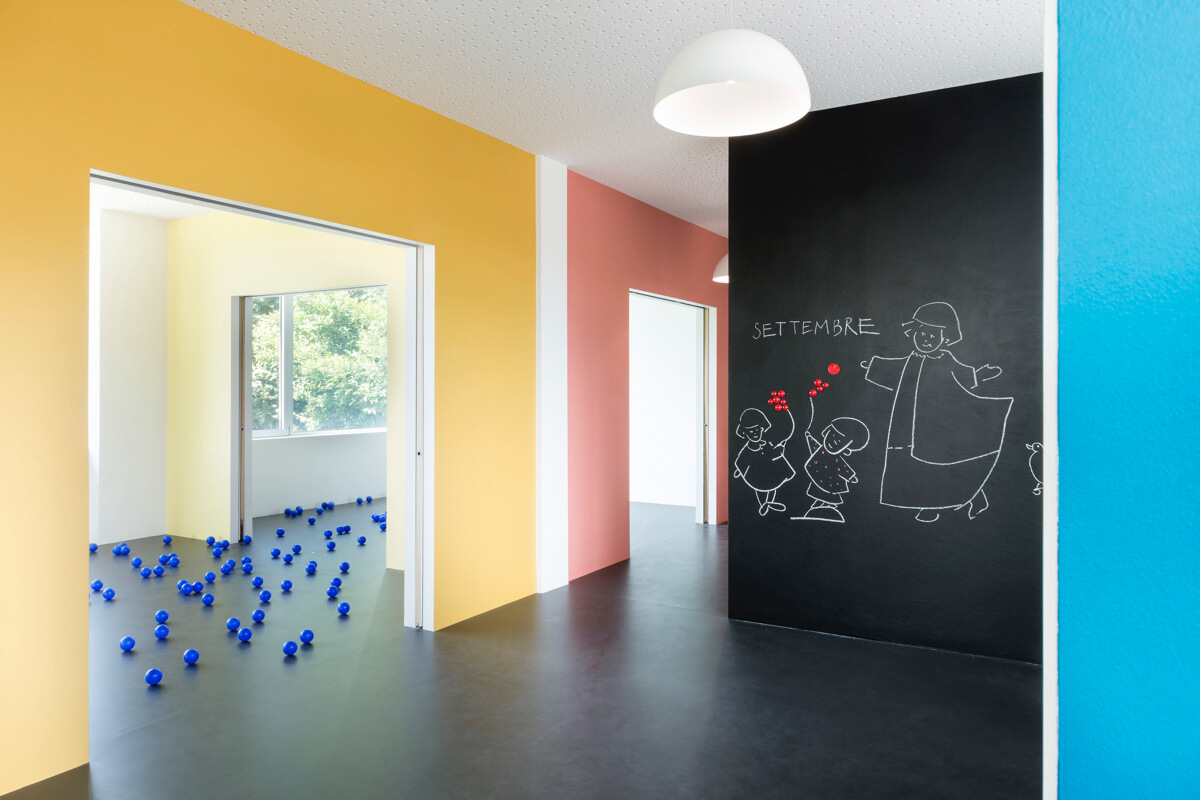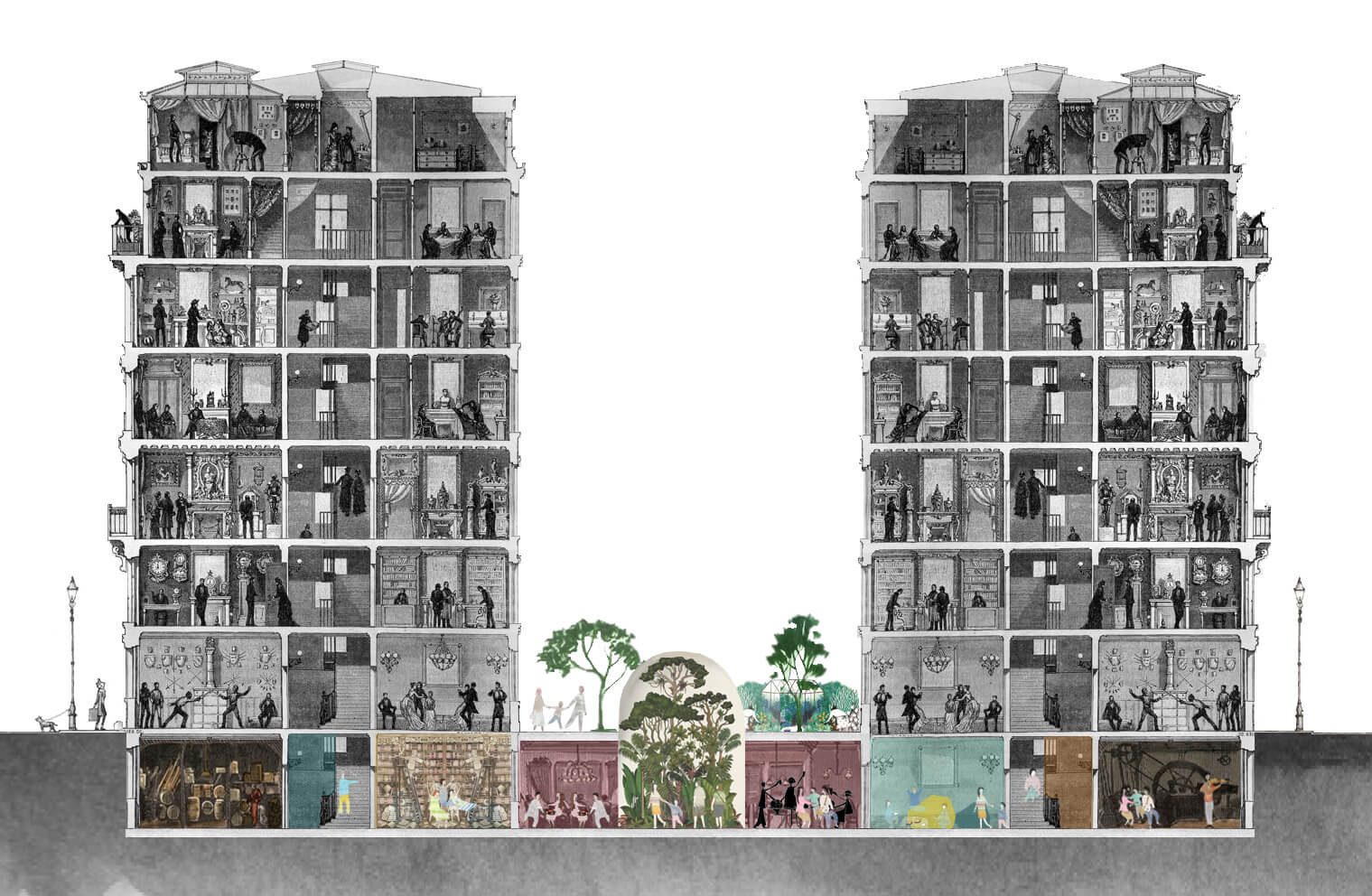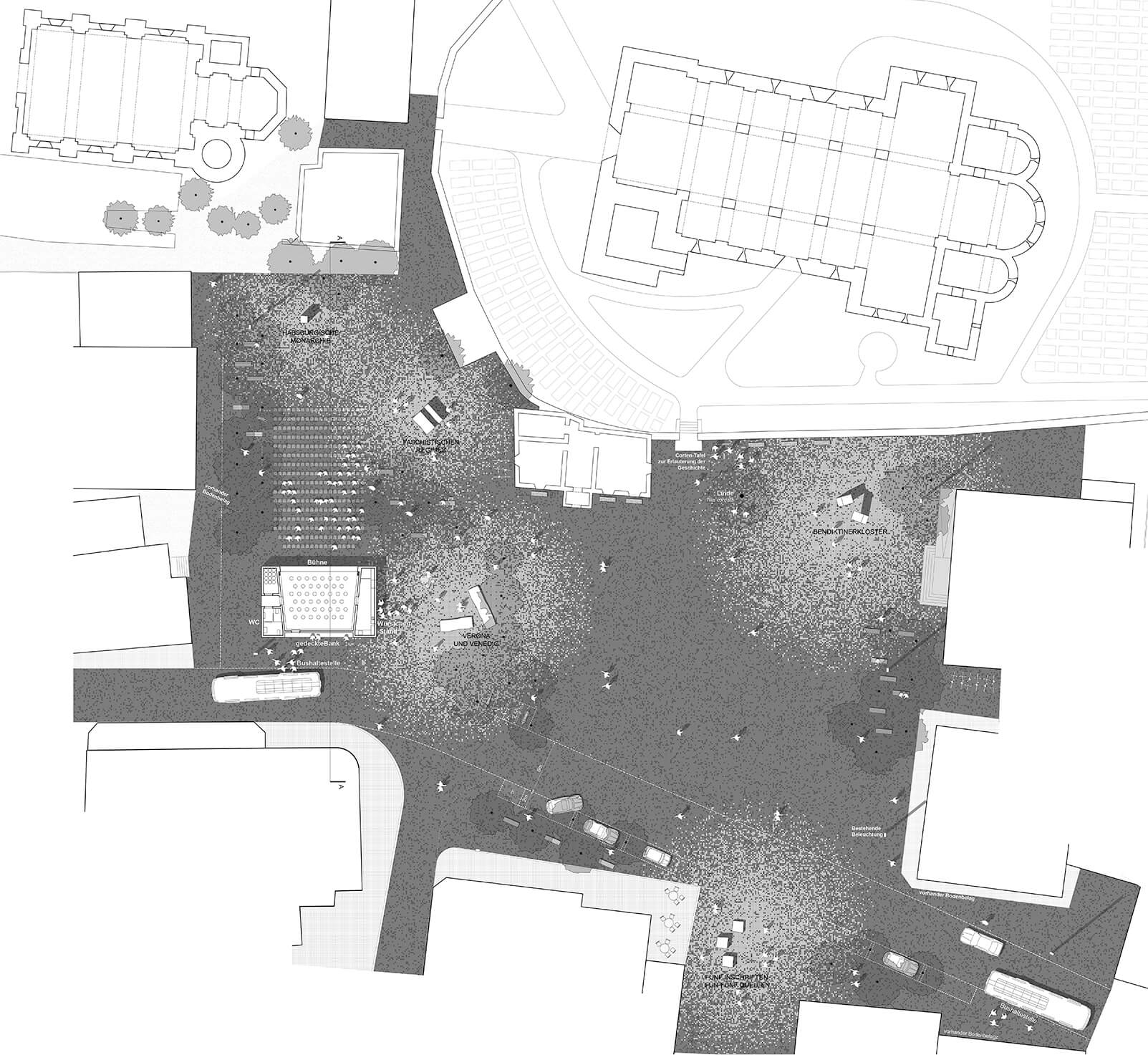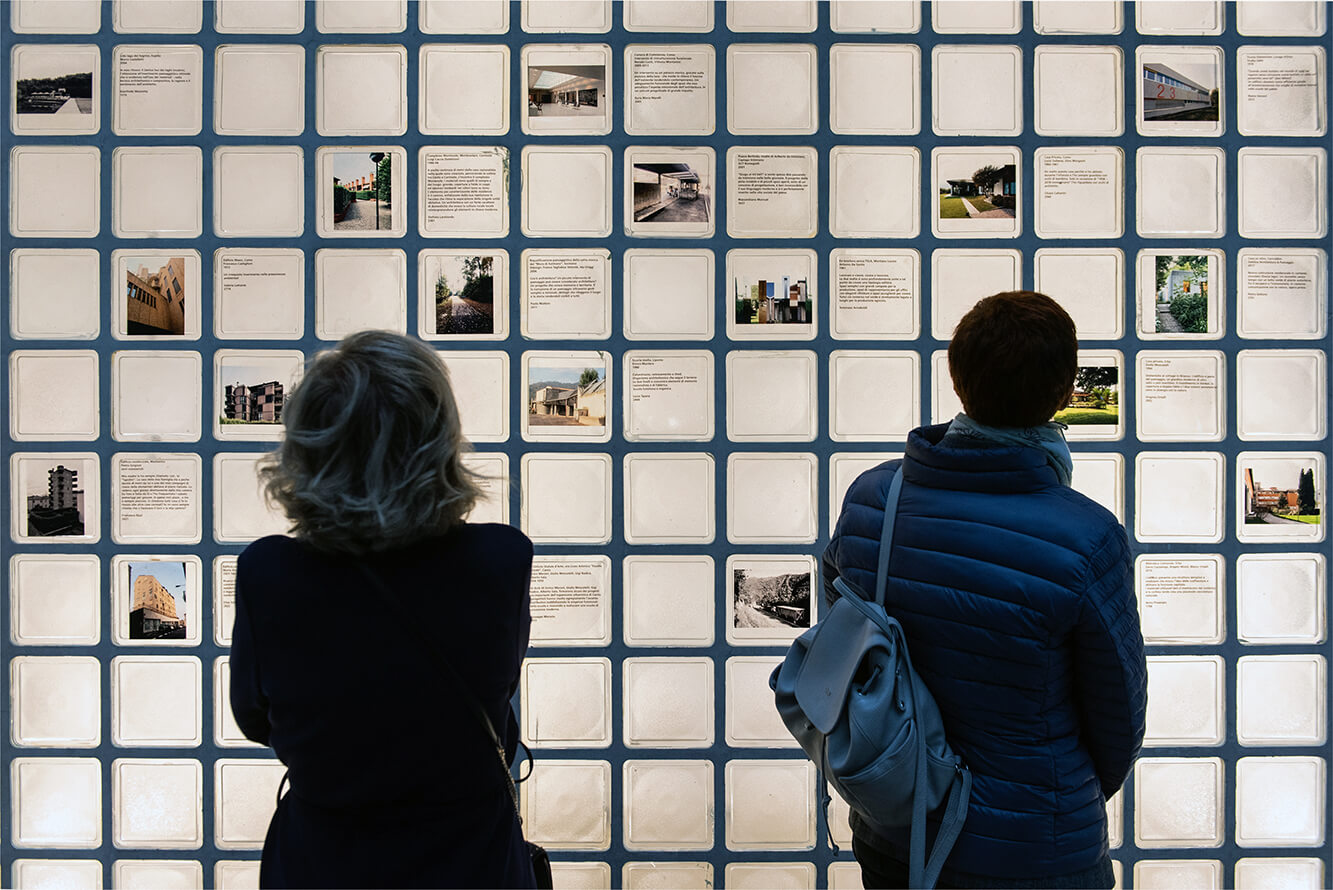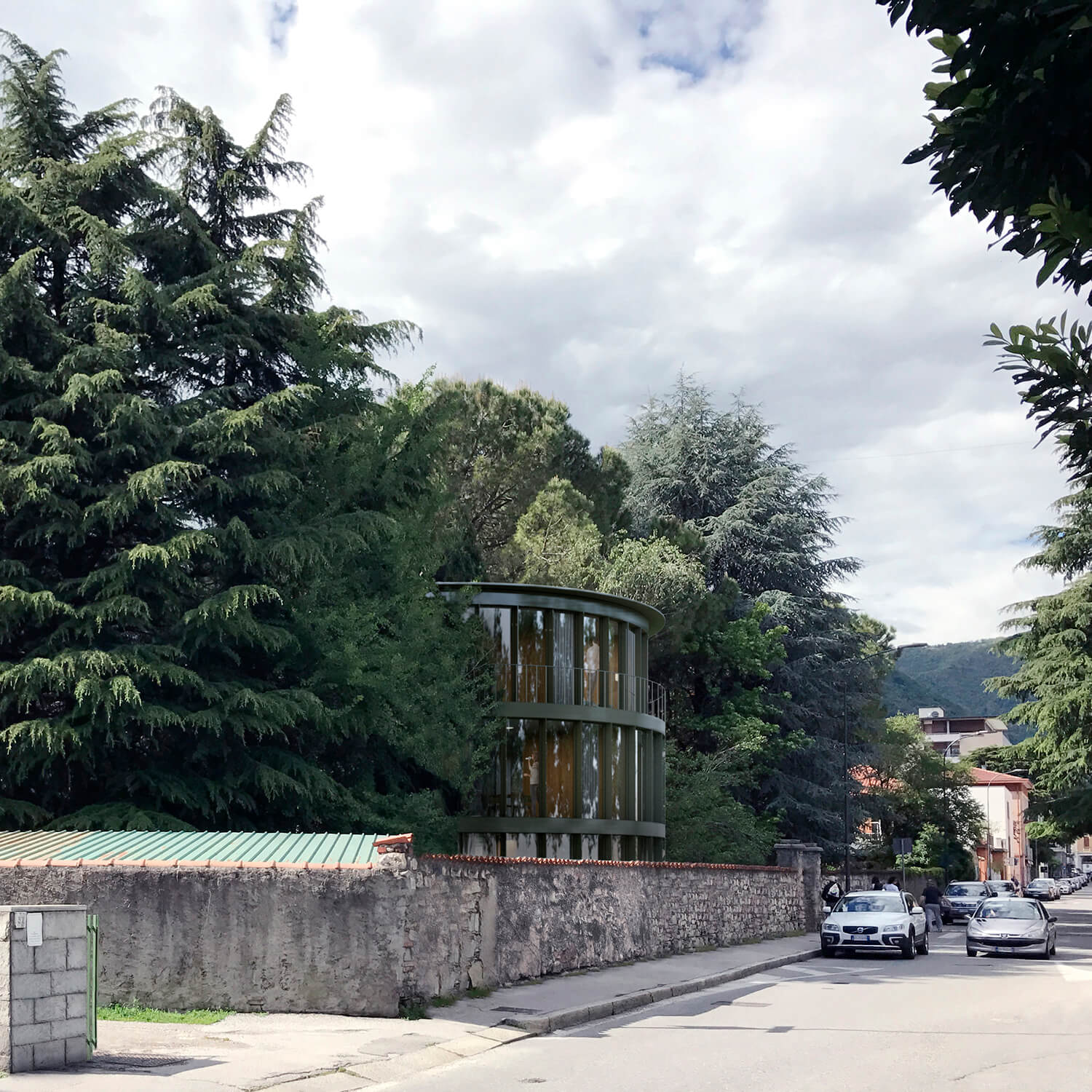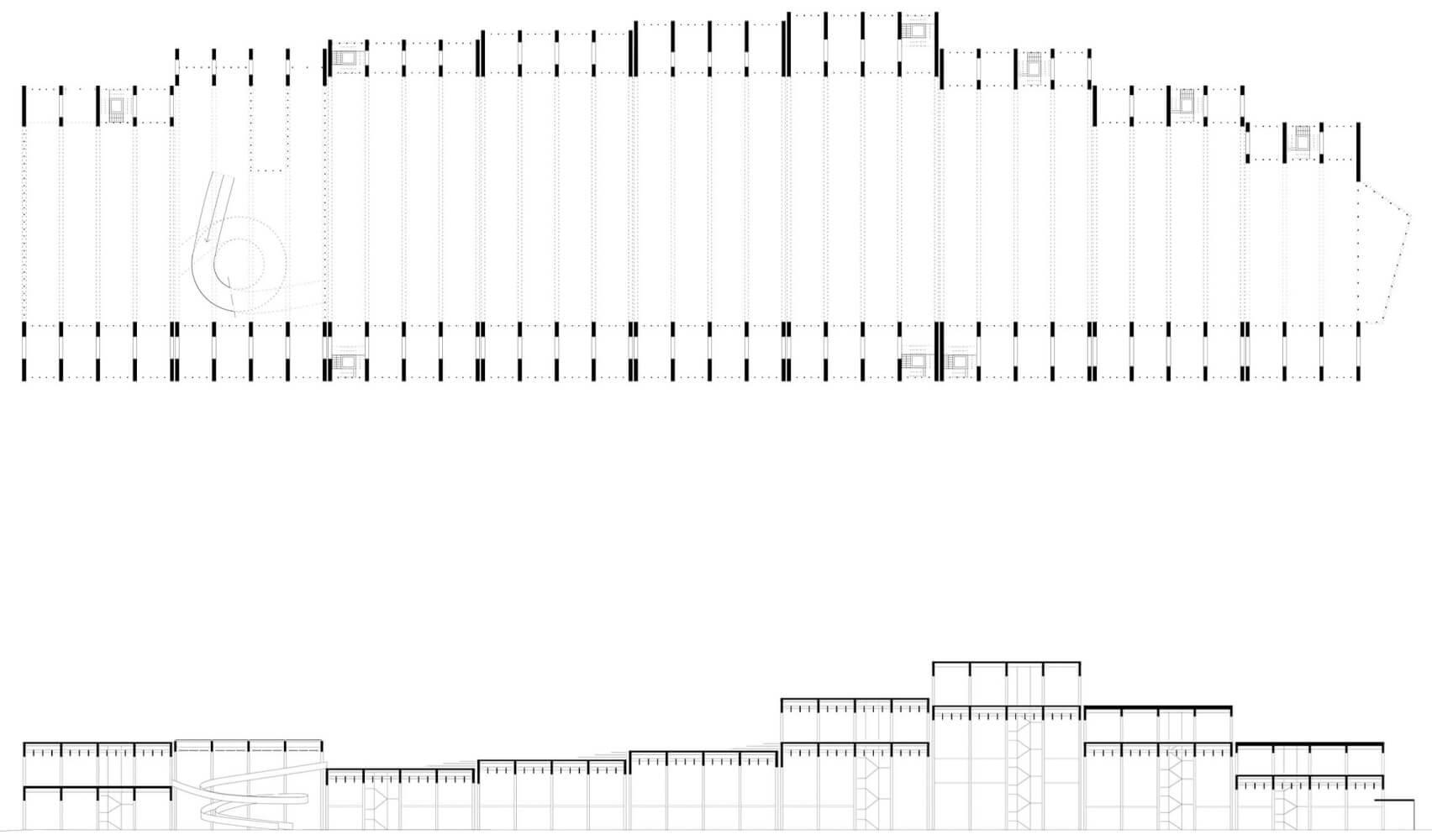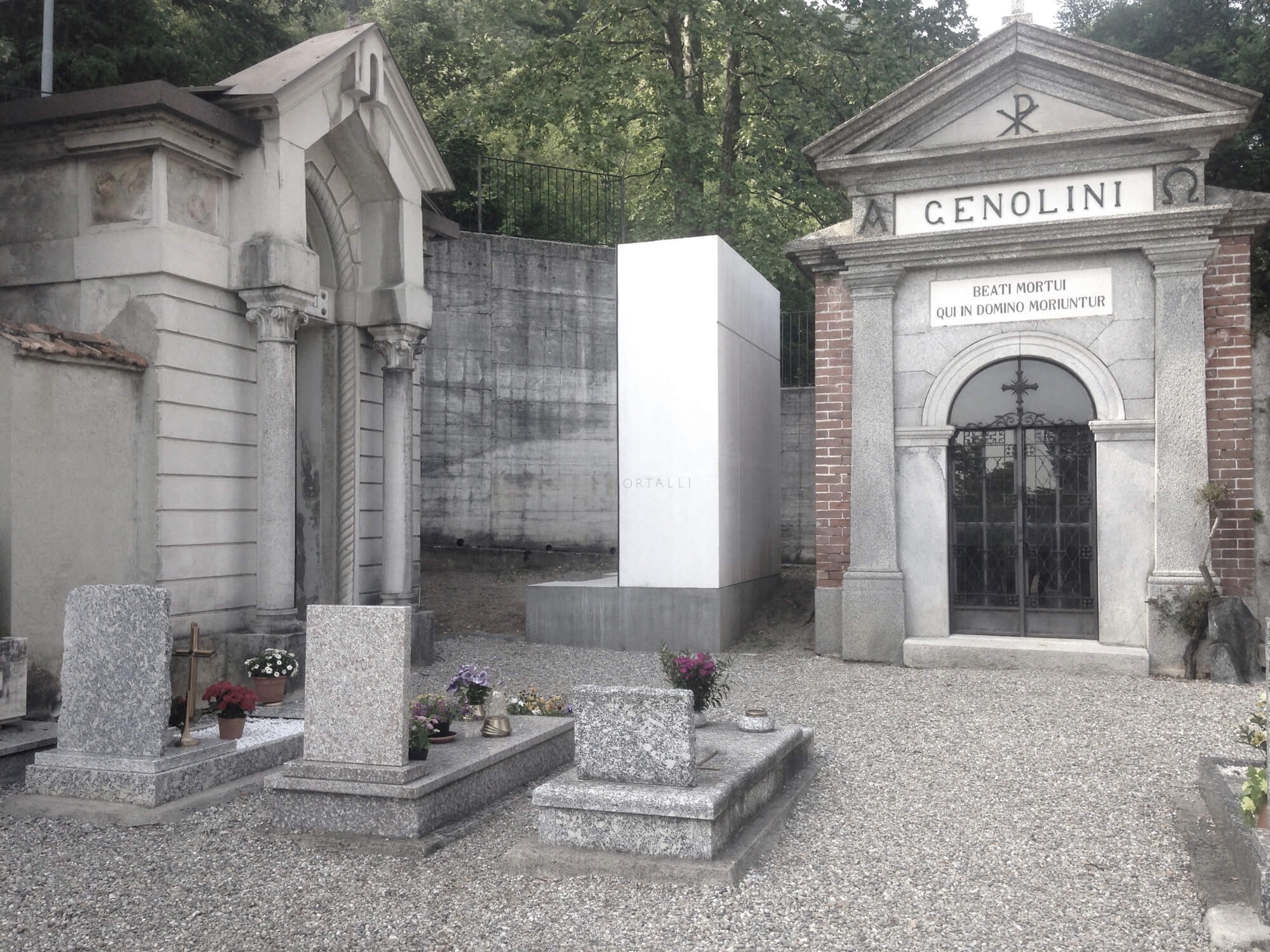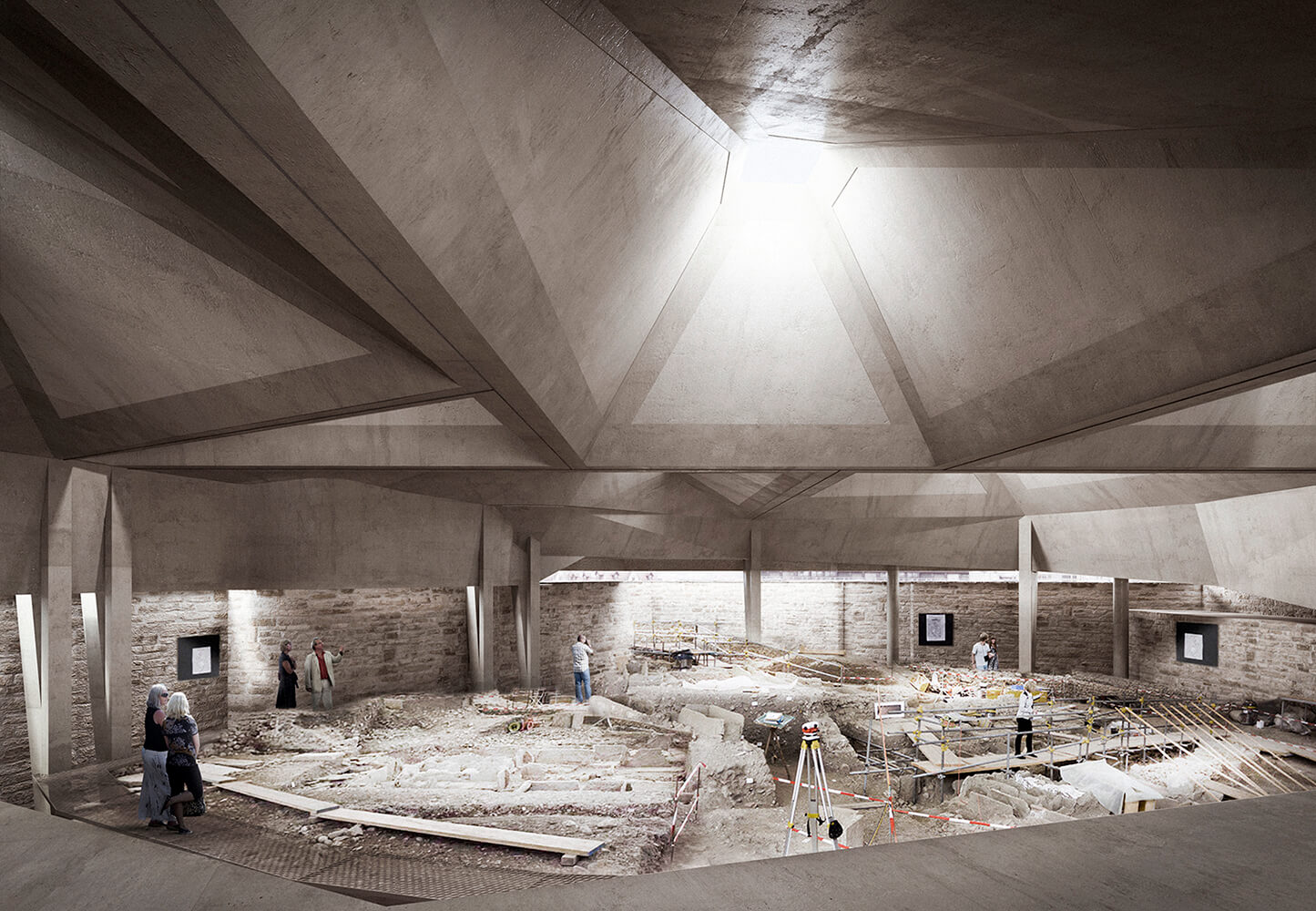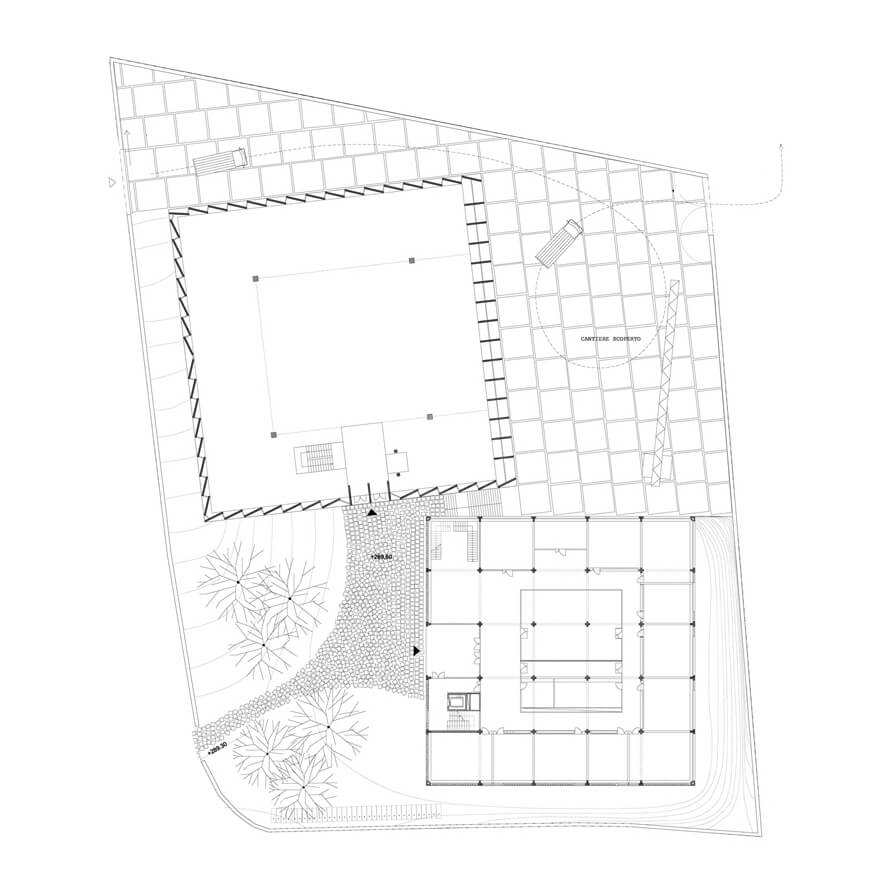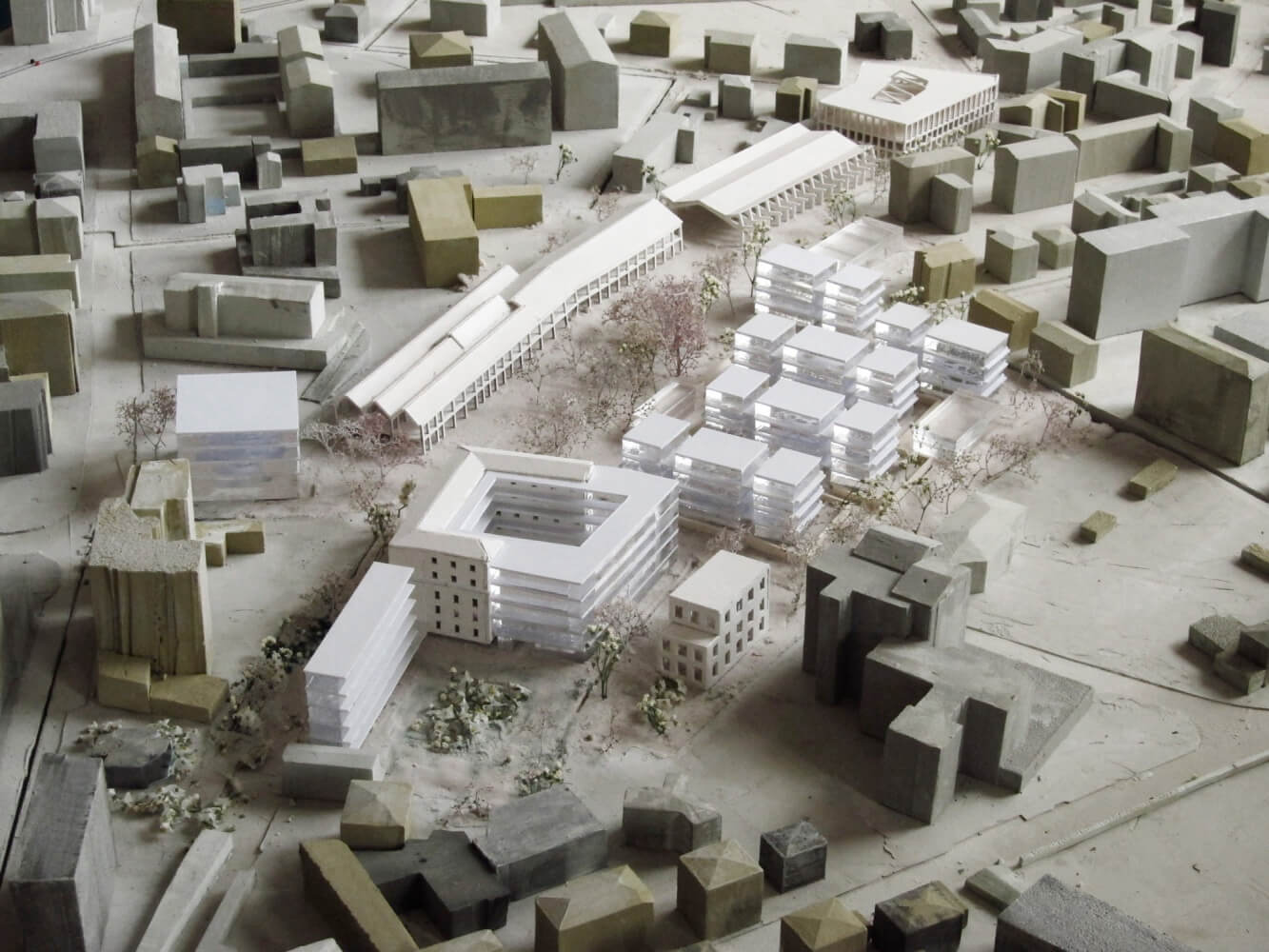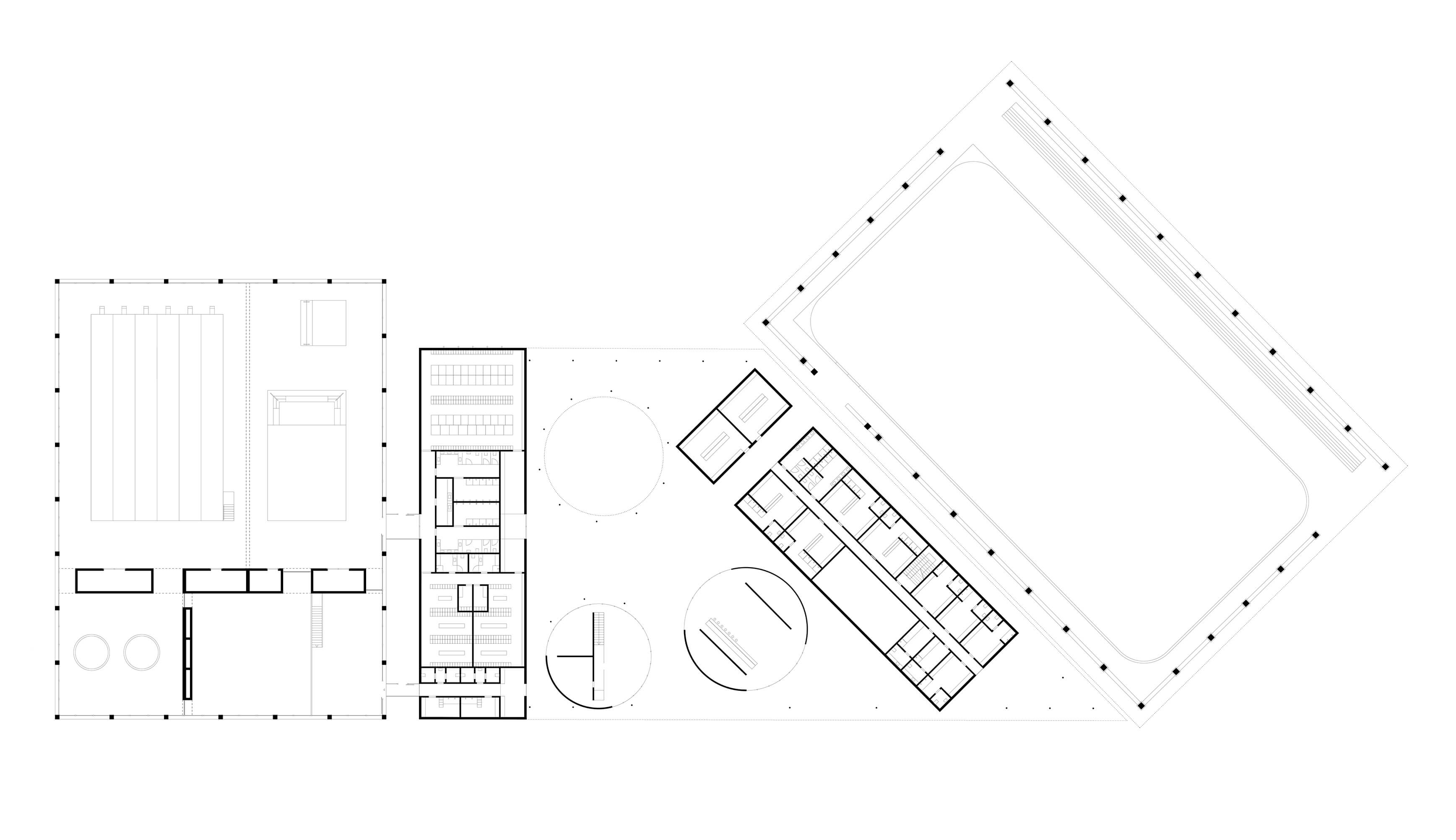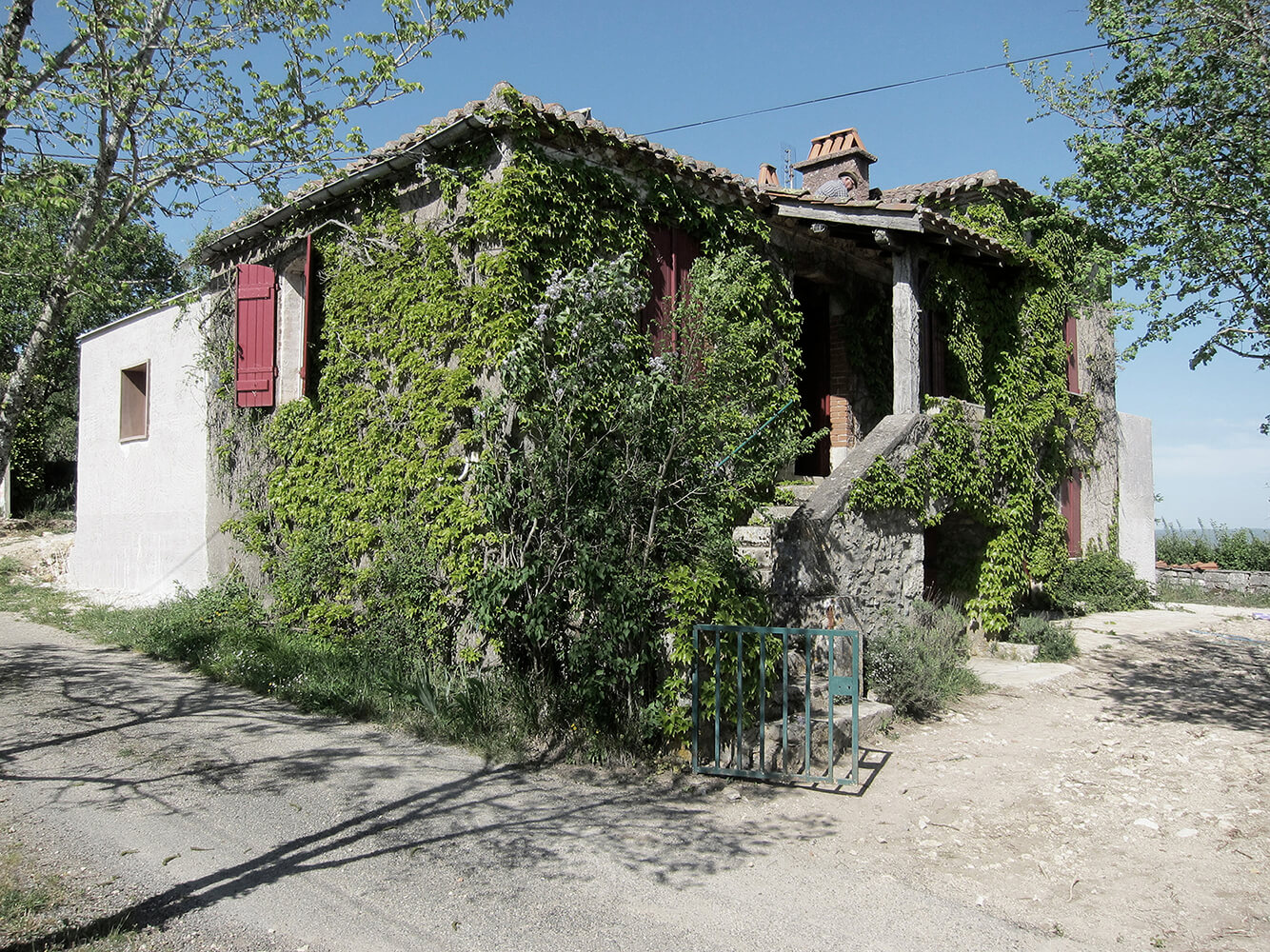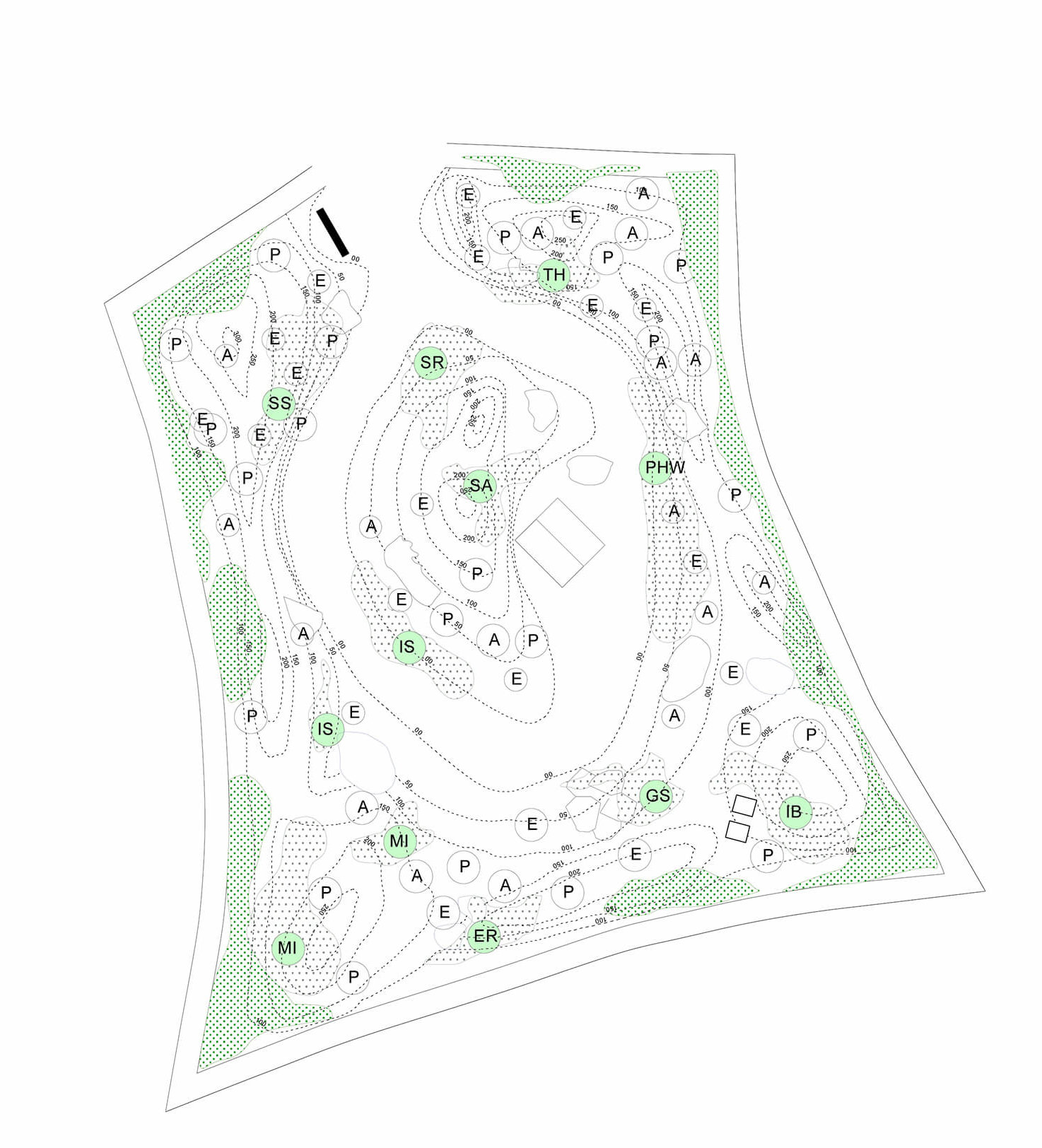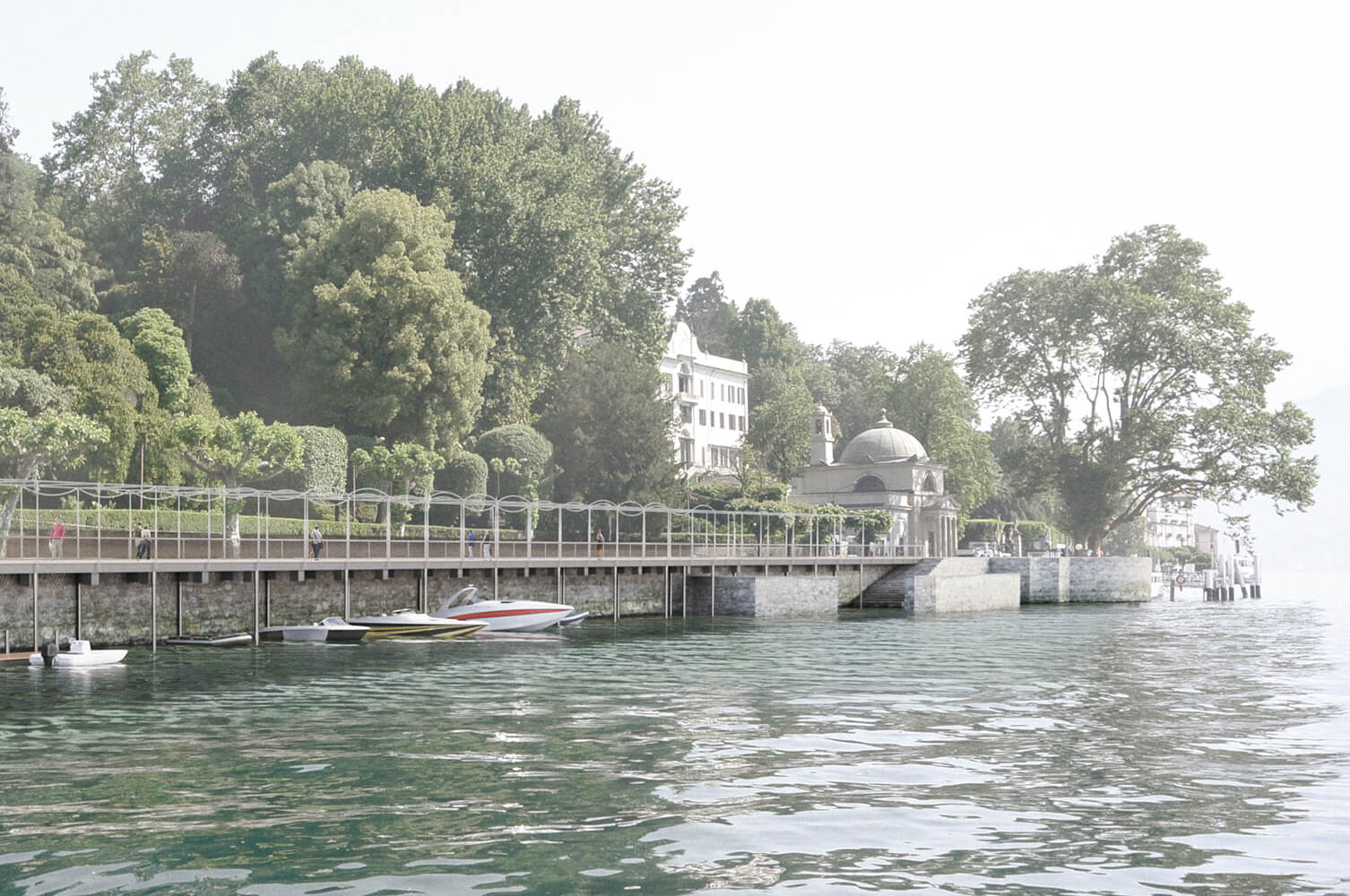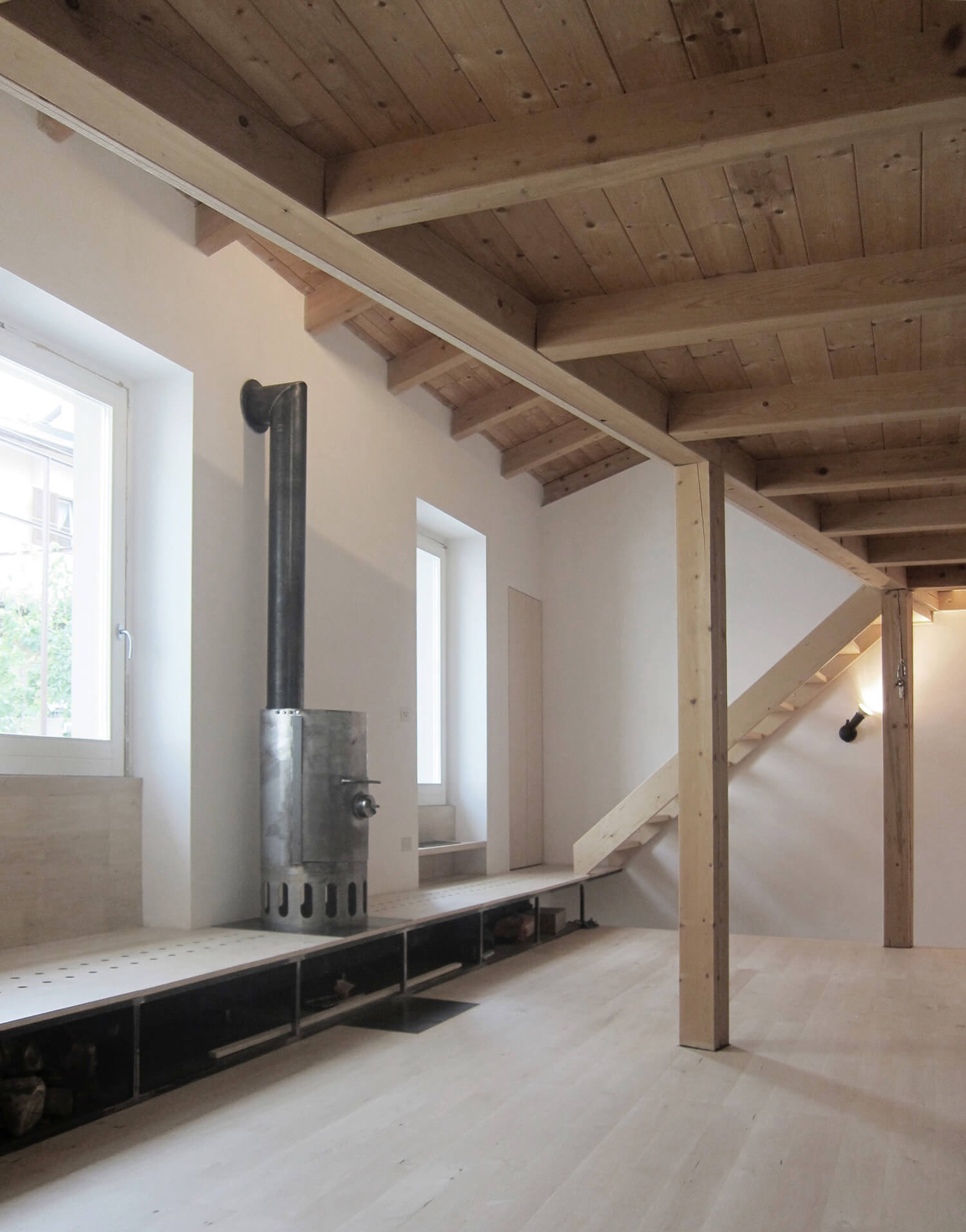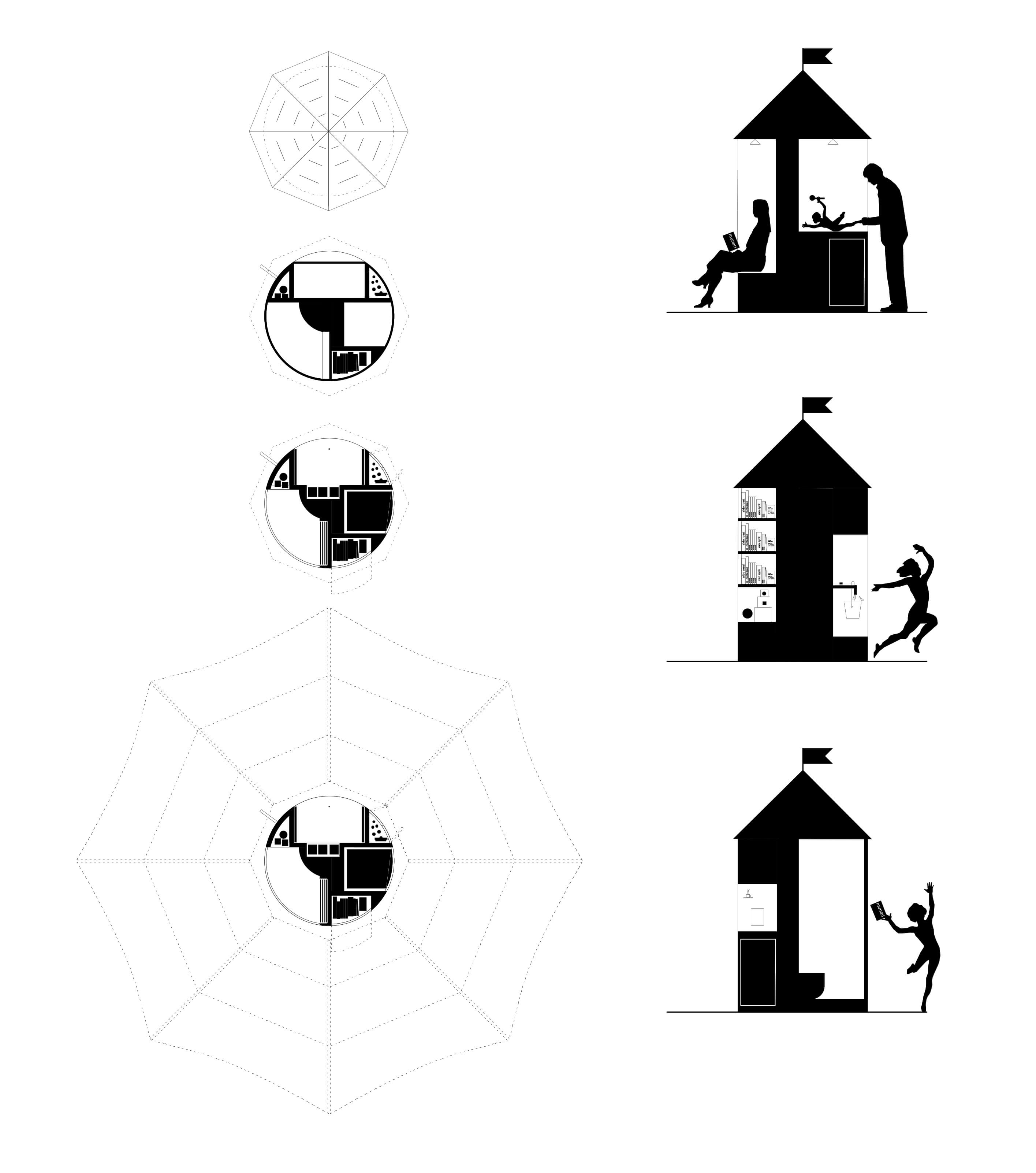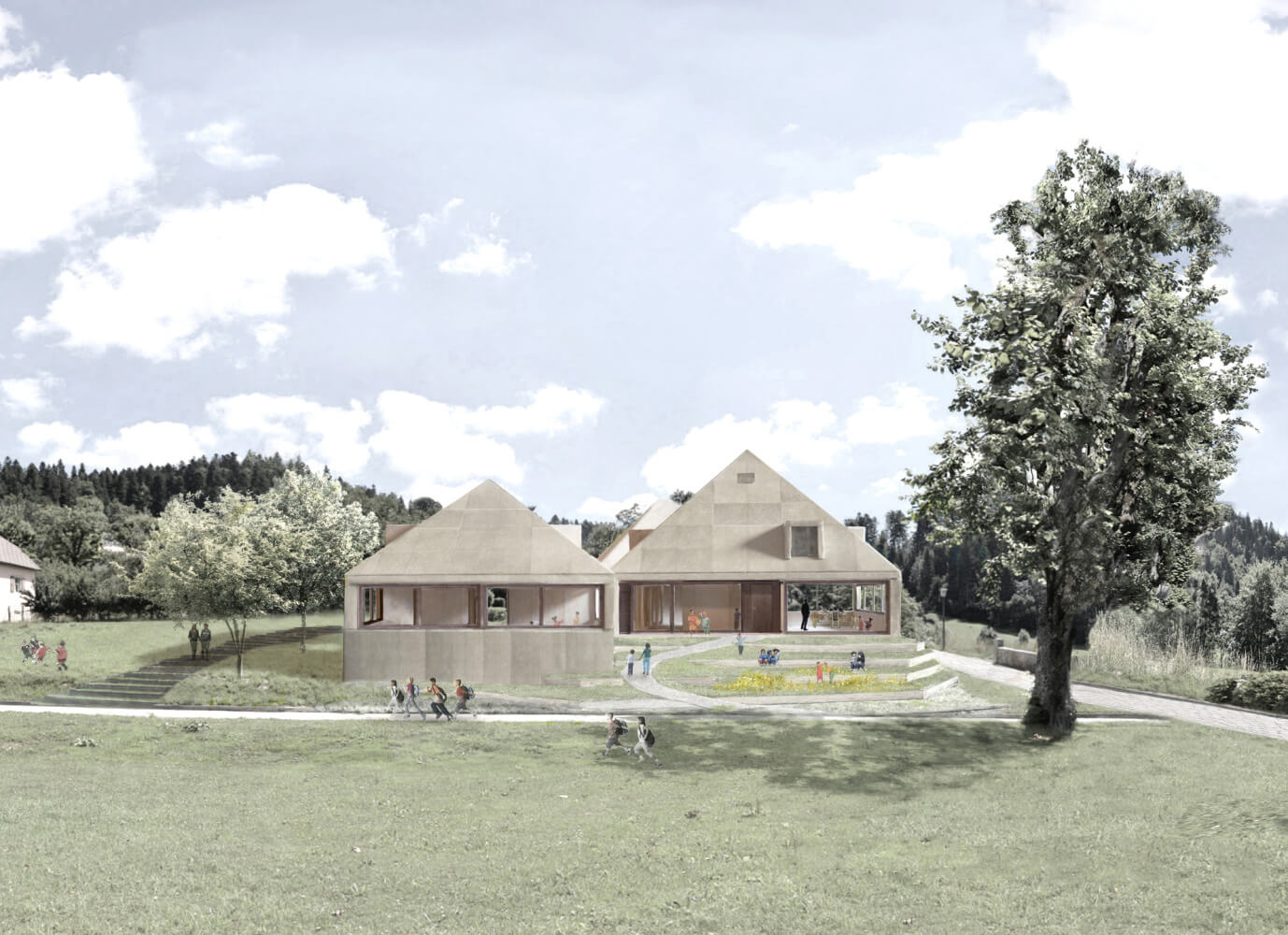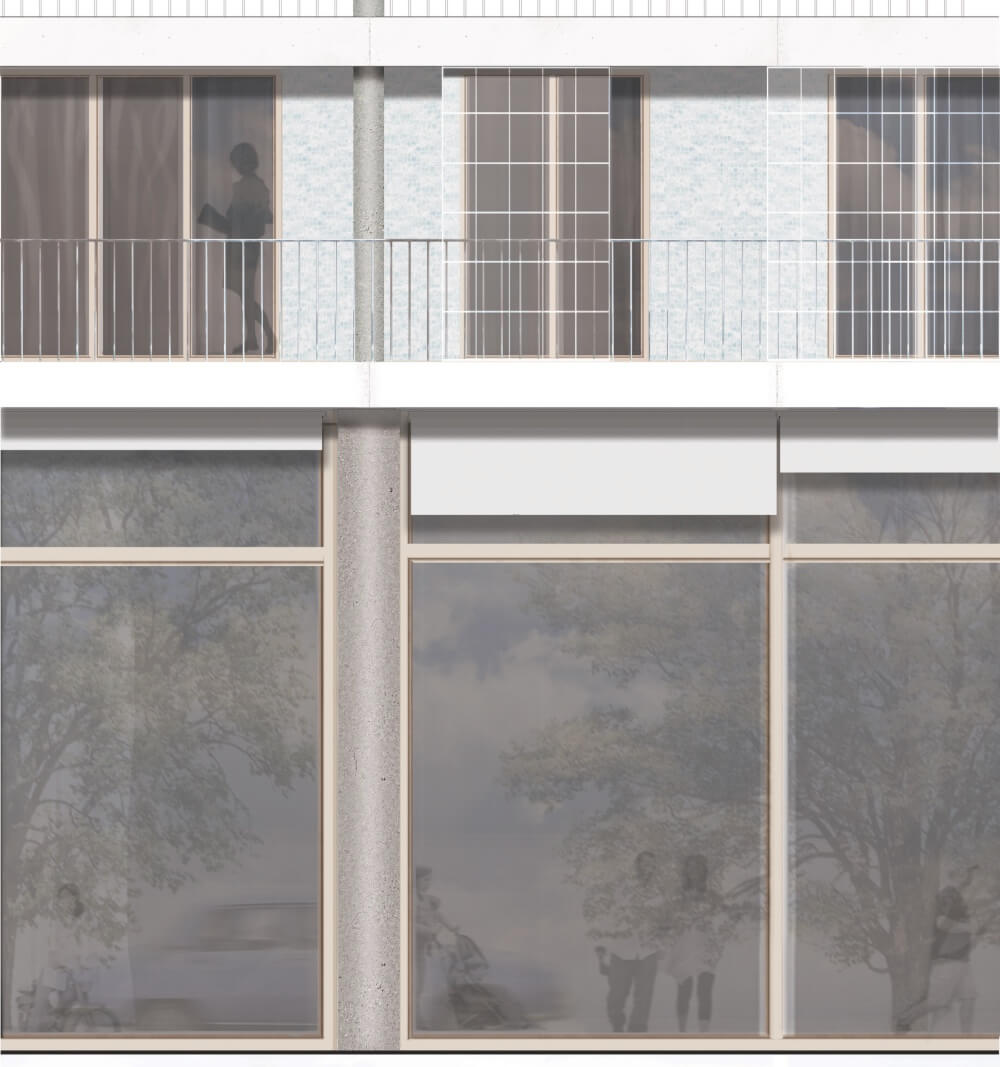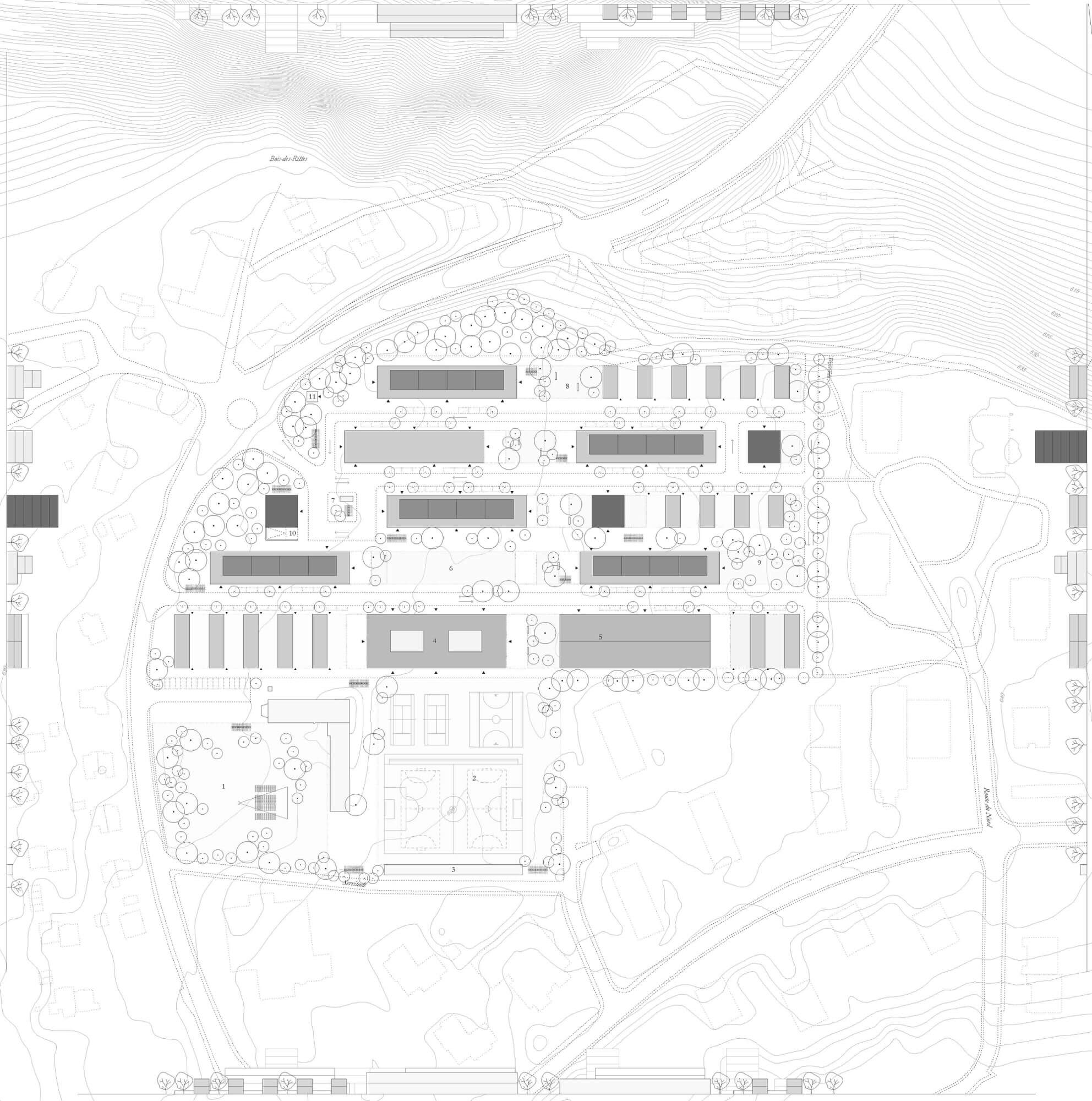Tax Credit Furniture
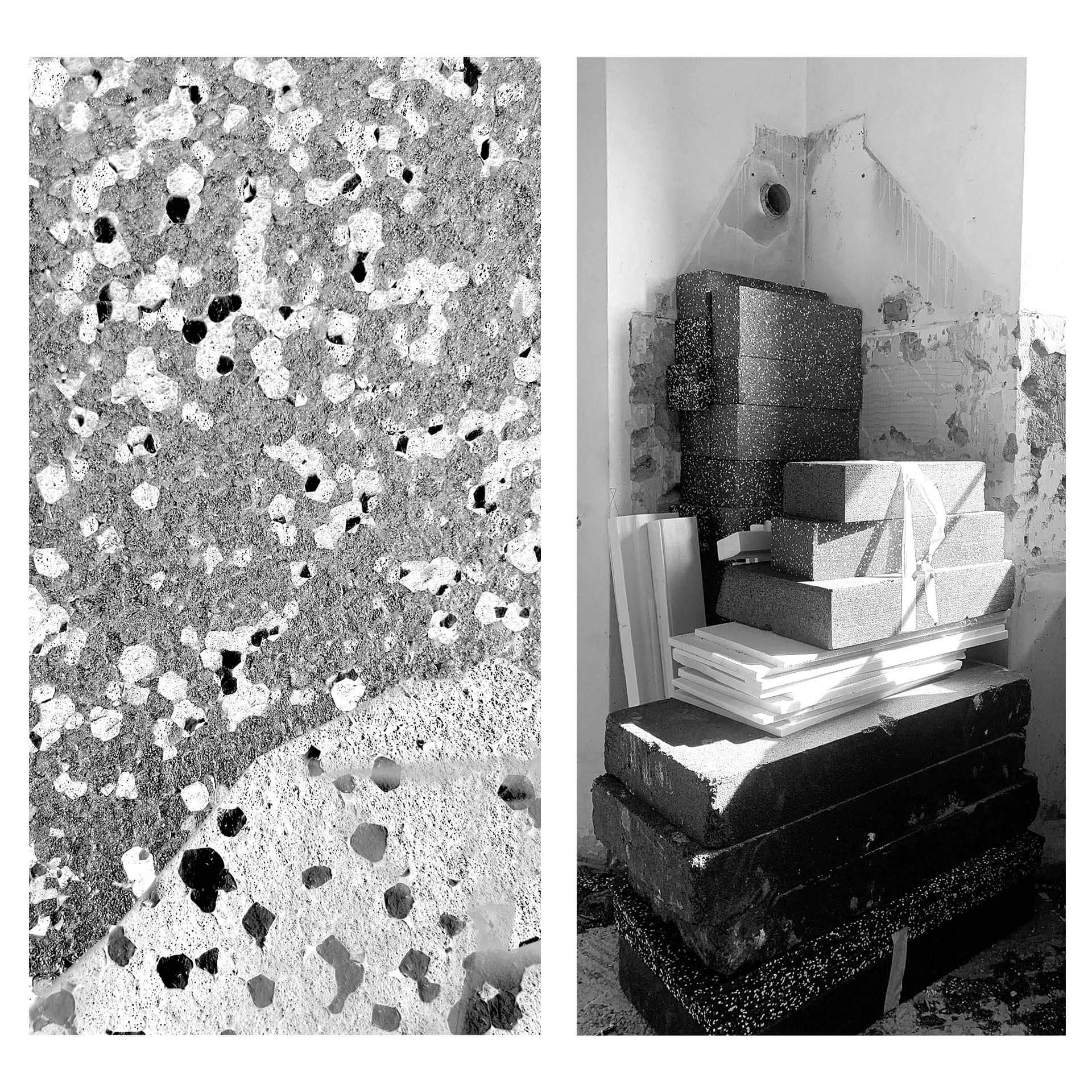

Built interventions in Italy today, mostly consist in improving the energy efficiency of the existing building stock through a tax incentive scheme called “Superbonus 110%”. Since its launch in July 2020 as part of the country’s post-pandemic recovery strategy, more than 150,000 applications have been approved, and €30bn have been spent so far under the scheme, offering tax credit of up to 110% on construction costs. Tax Credit Furniture wants to invite a critical refection on the contemporary practice of building (construction) in relation to the new performance standards of buildings. On the one hand this operation is necessary to achieve the objectives imposed by the climate crisis, on the other hand it generates a new way and new materials through which to we relate to the built environment. Expanded polystyrene with graphite additive is a thermal insulation material which has become one of these tools. Its overproduction and reckless increase in price are testimony to this. In a city with many expanded polystyrene facades, what remains are often scraps and waste of such material, which are nevertheless part of the tax credit scheme and thus paid by the state. The installation is built with 0.4 cubic meters of this unused material, laying bare the sensitive qualities that are hidden beneath a few layers of plaster.The furniture becomes a well reasoned assemblage of these materials, orphans of what might be thought to be destination. The result is a figure that finds its function and location in its ambiguity of being “furniture”. If assembled during the construction site (place of the material accumulation), a device around which all the practices associated with labor revolve: hanging a drawing, setting down tools, resting, etc.; in an interior, a piece for the entrance hall or living room catalyst of domestic rituals: reading a book, hanging a shirt, listening to the radio, setting down some owers, etc. Functions are only suggested through volumetric articulations that make it resemble, in some formal aspects, architecture-or rather, an architectural maquette. The same way that, volumes are the vehicle through which a building relates with the urban environment, here the volumes become the means that convey the dialogue with the interior environment and those who inhabit it.
